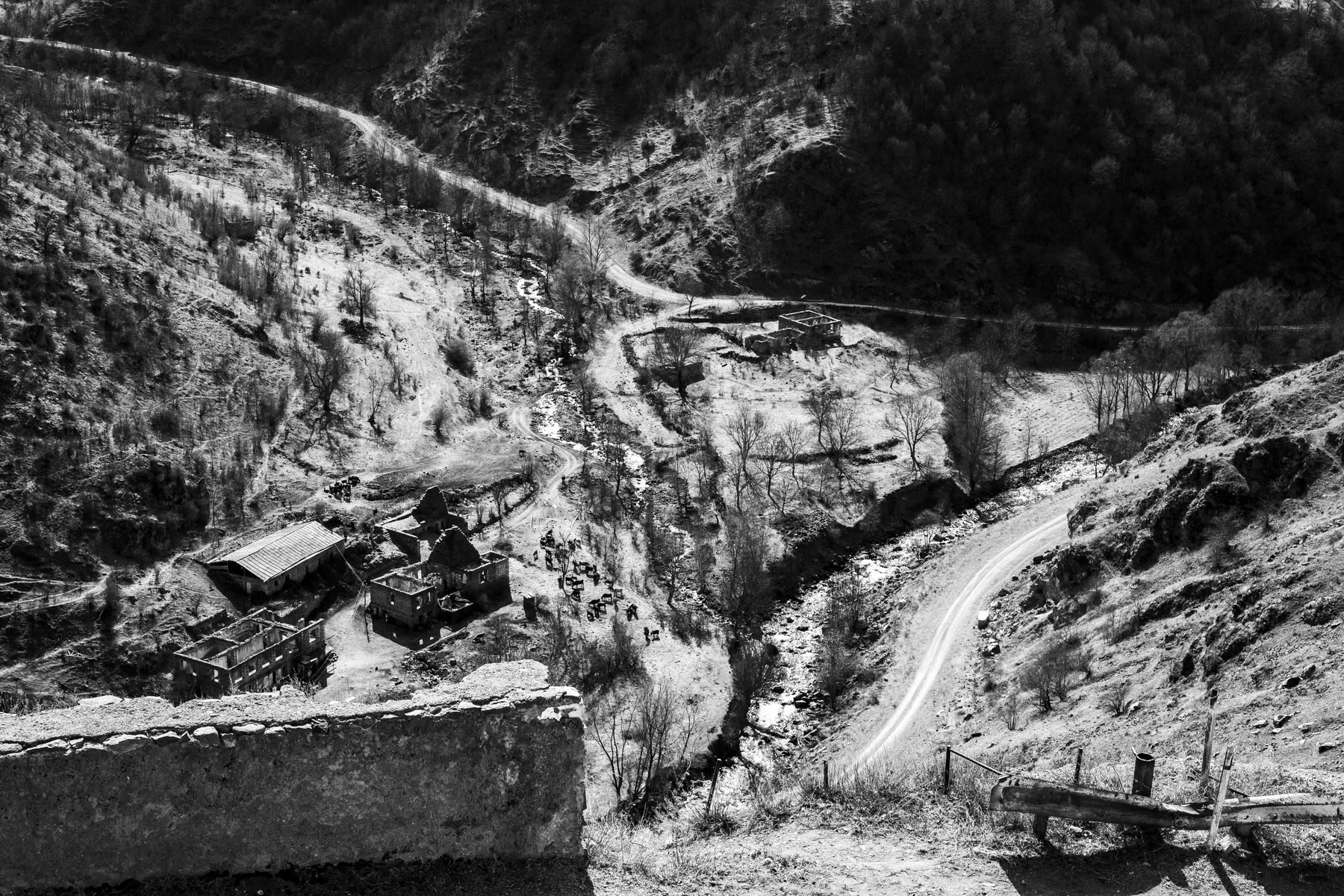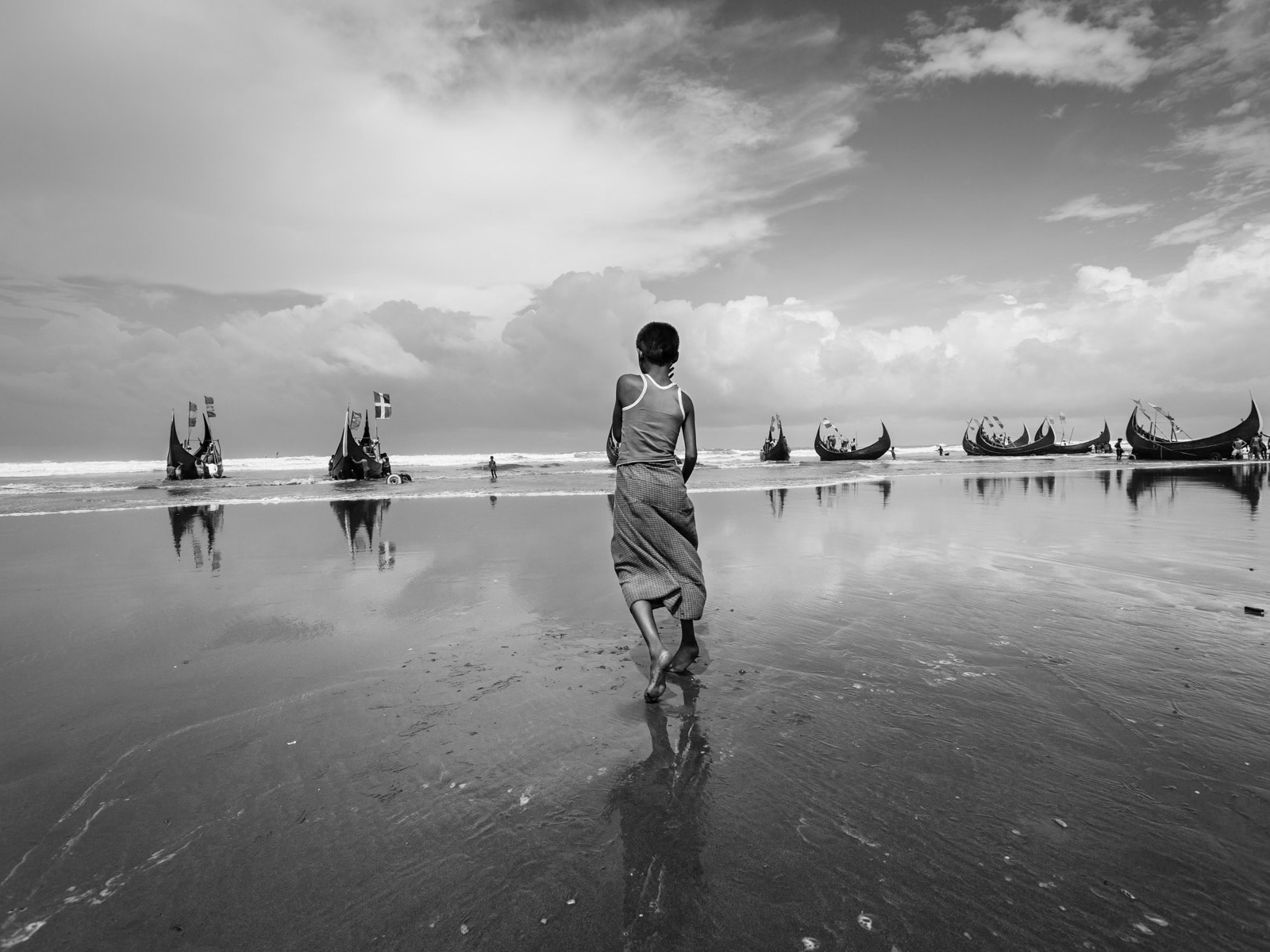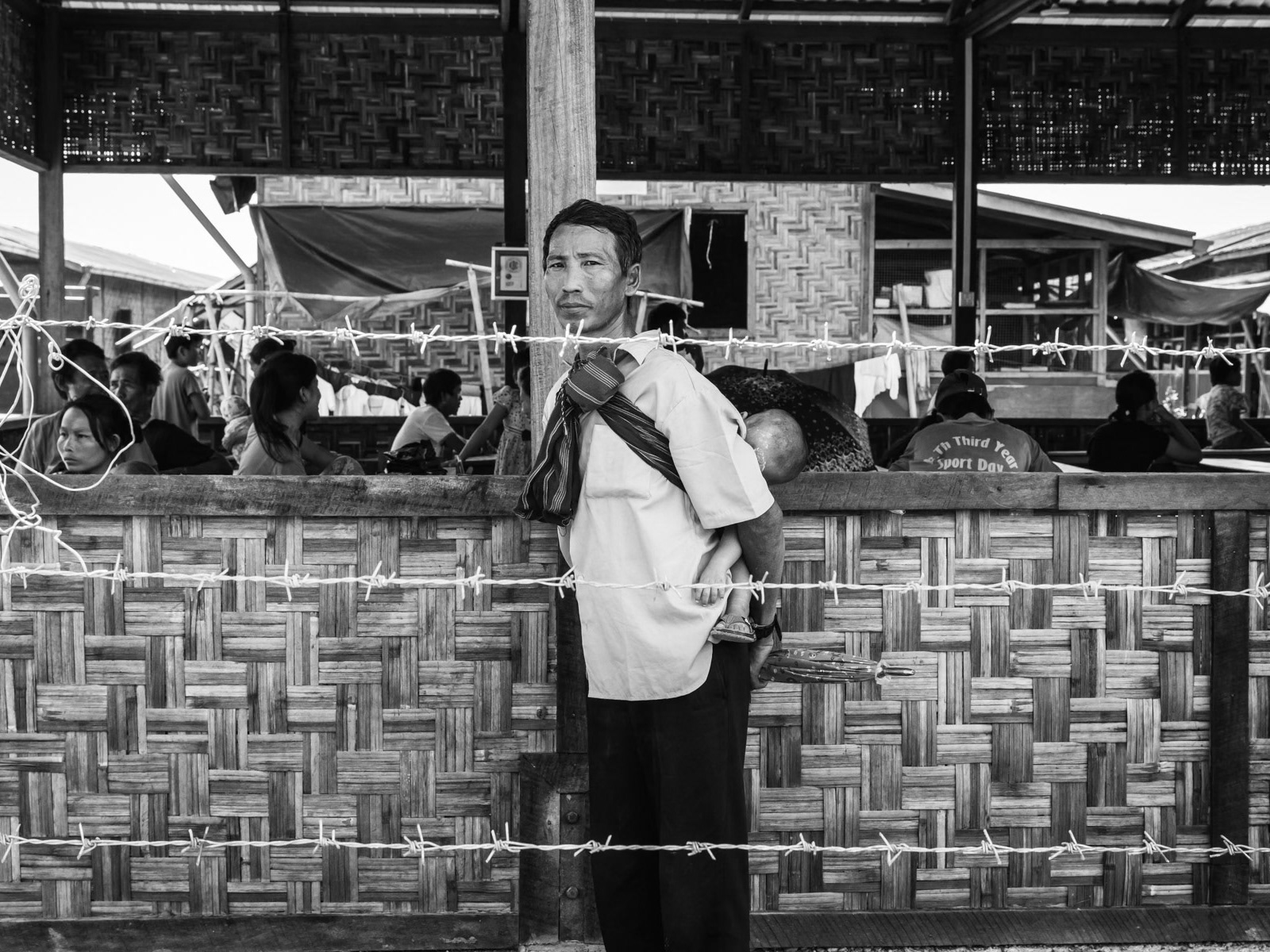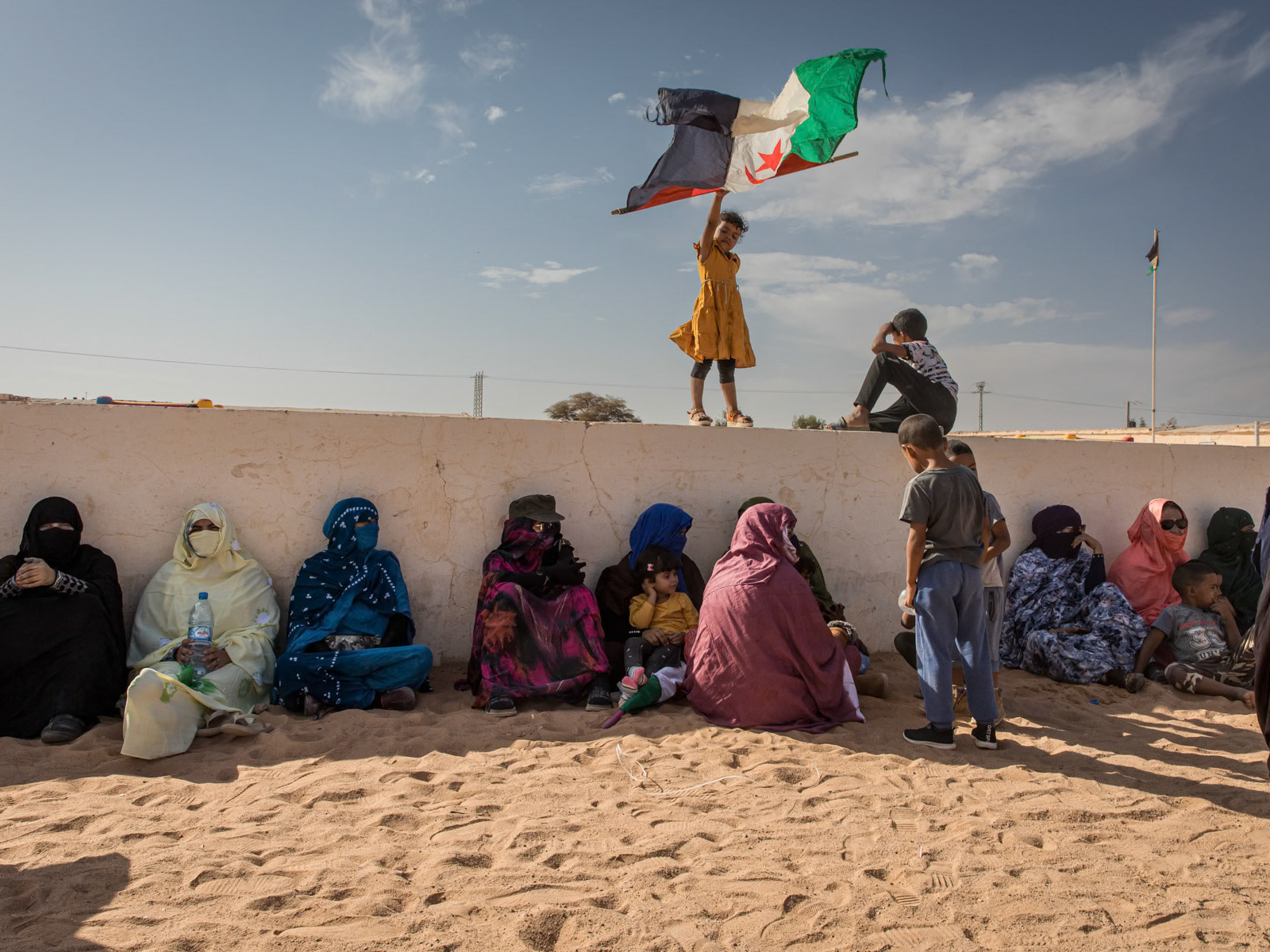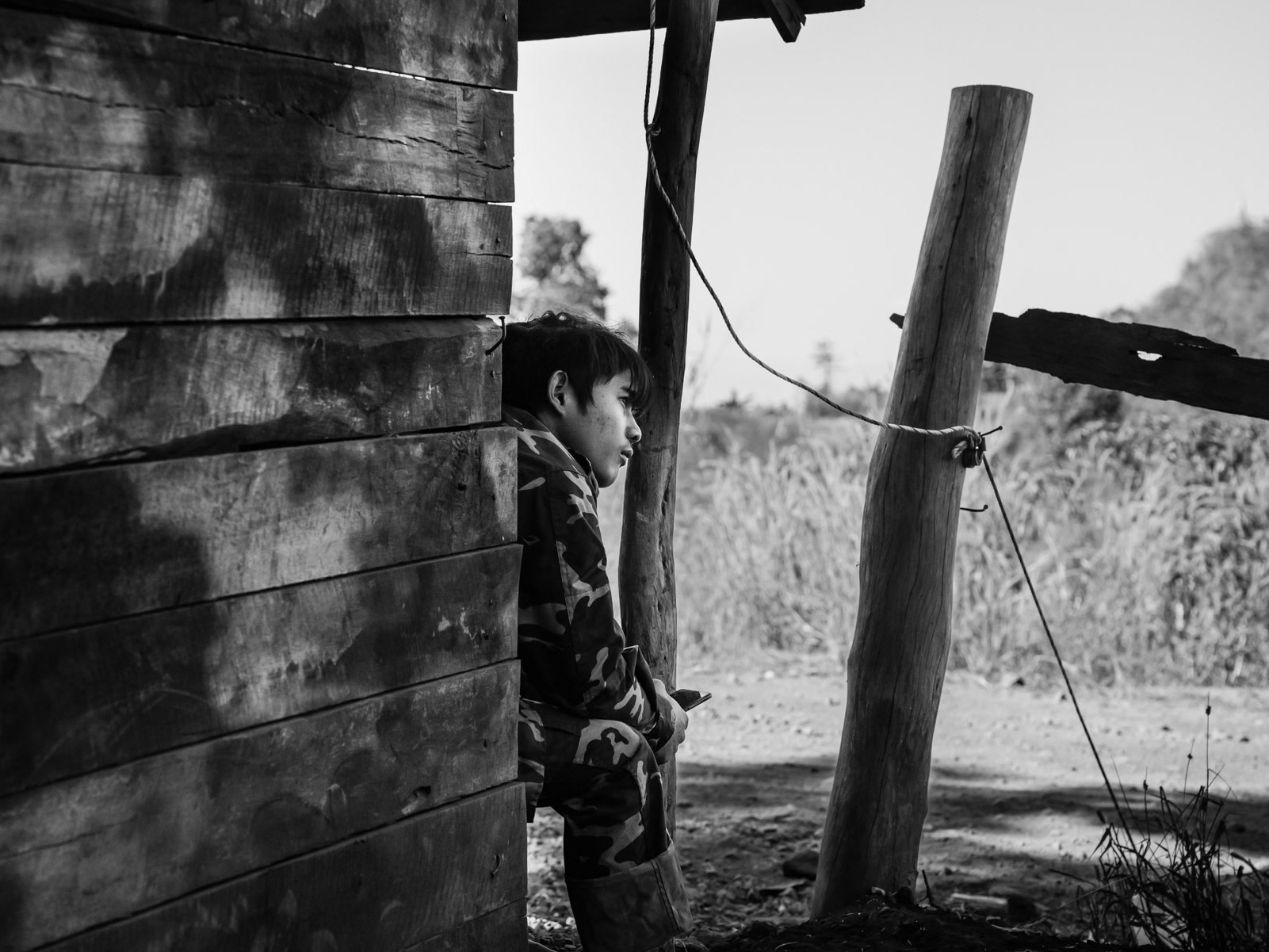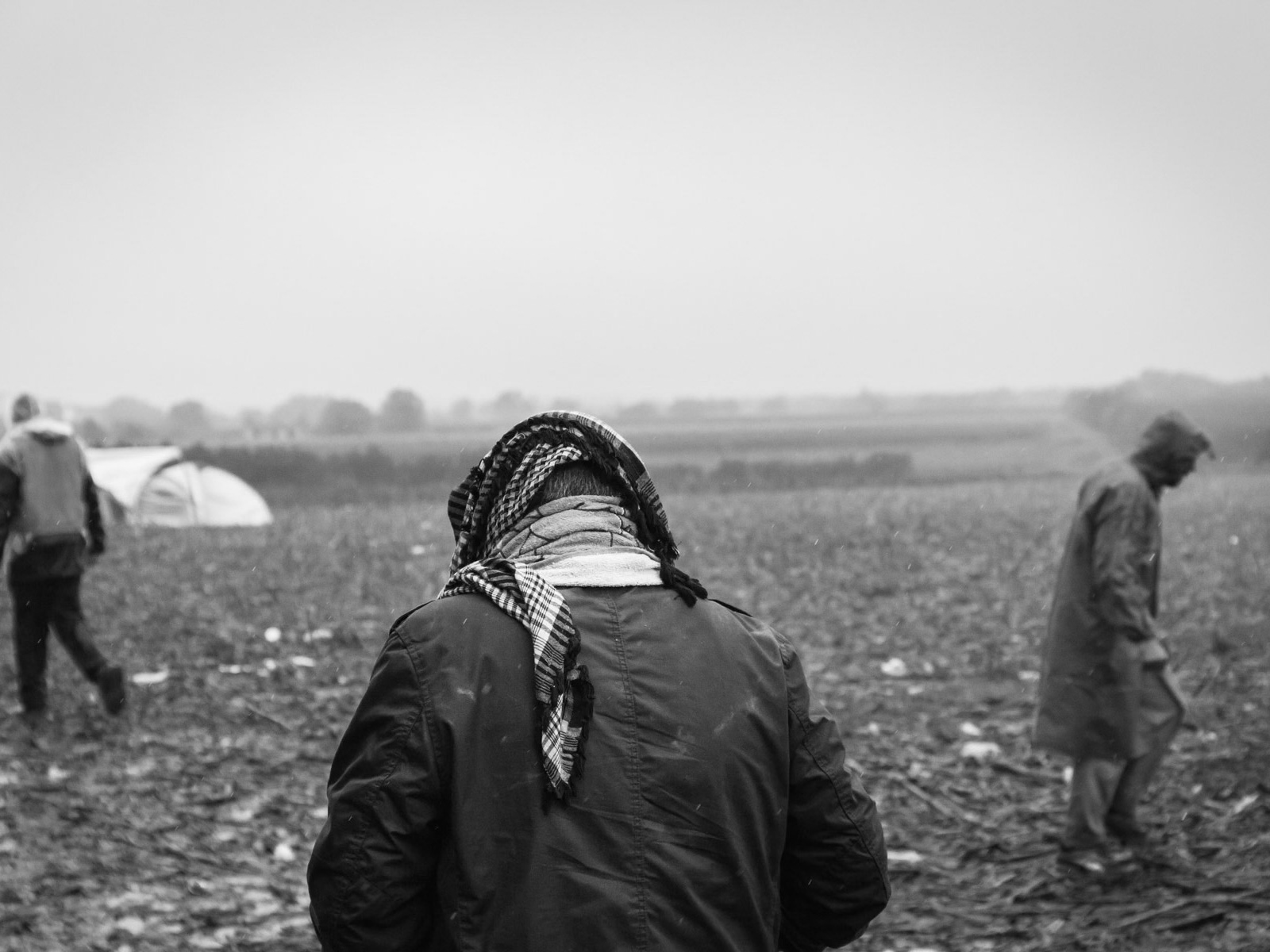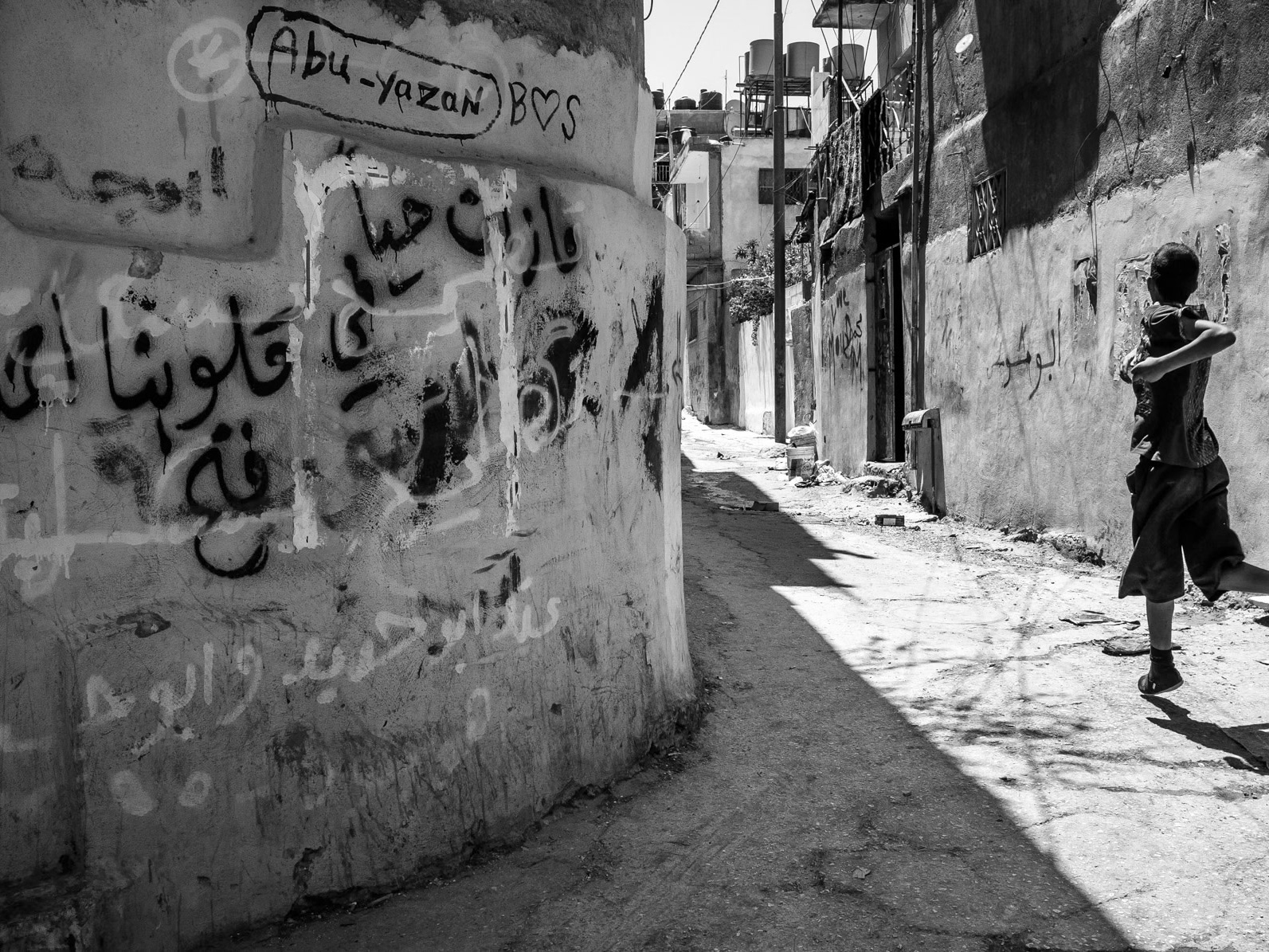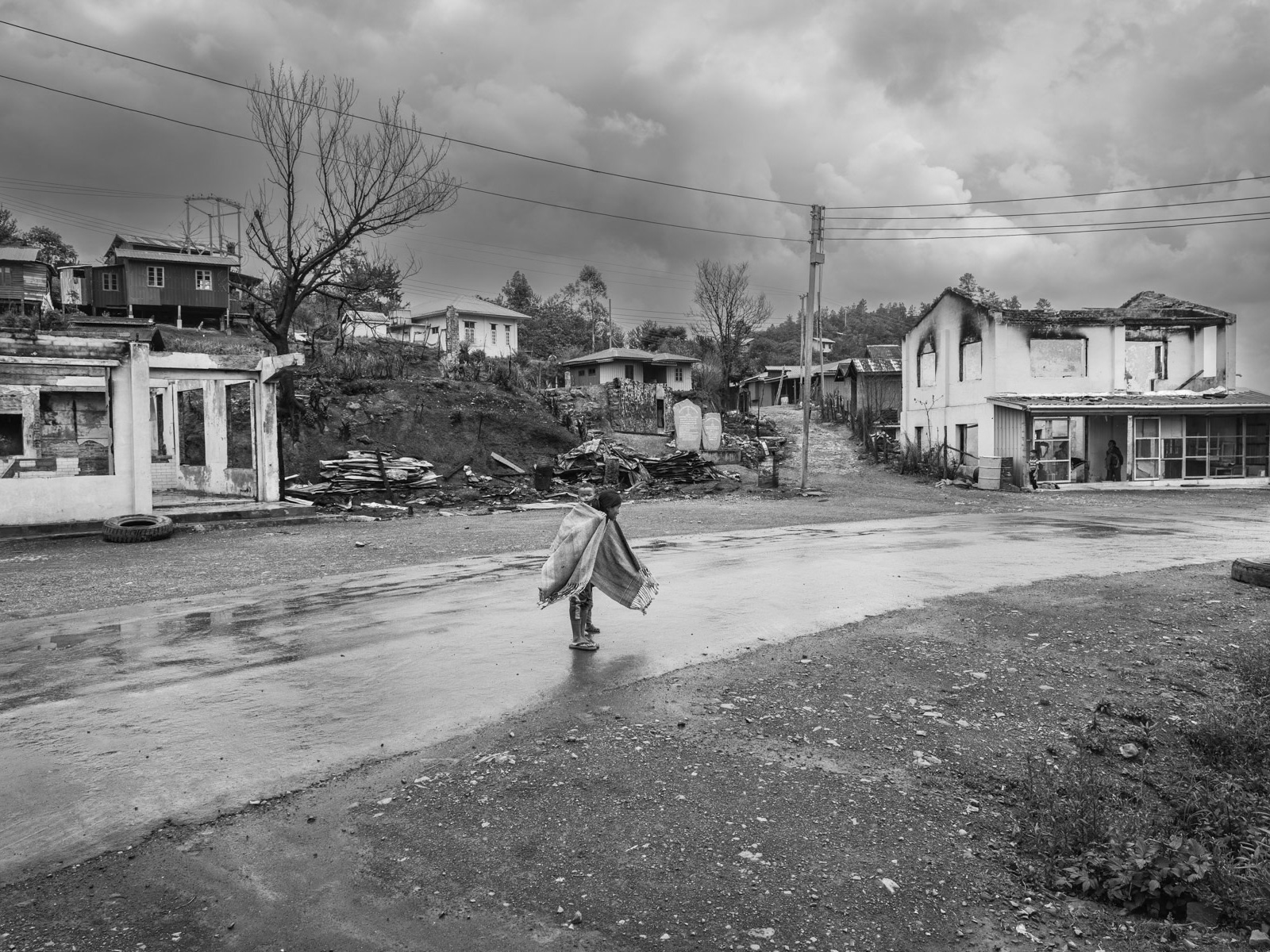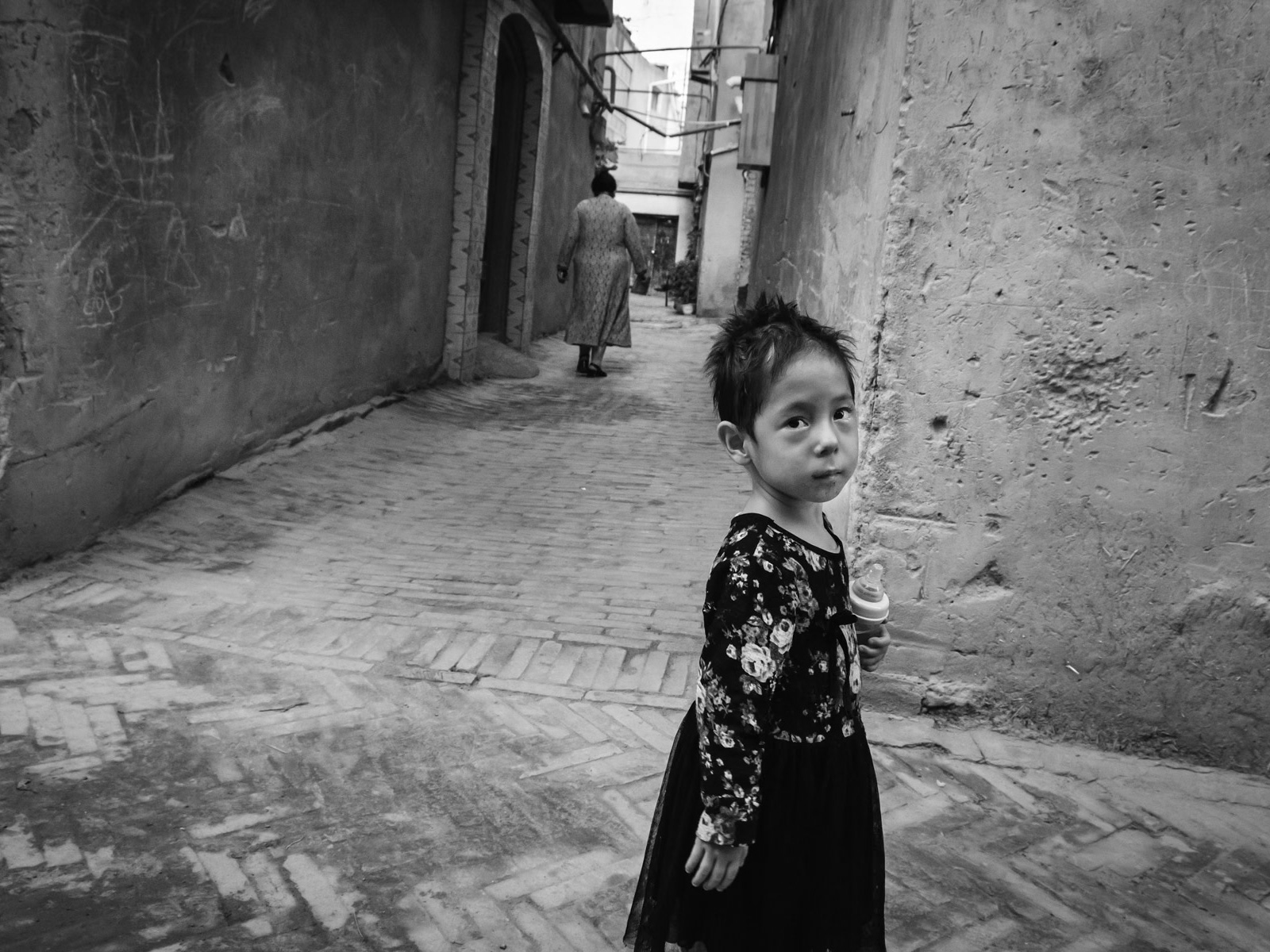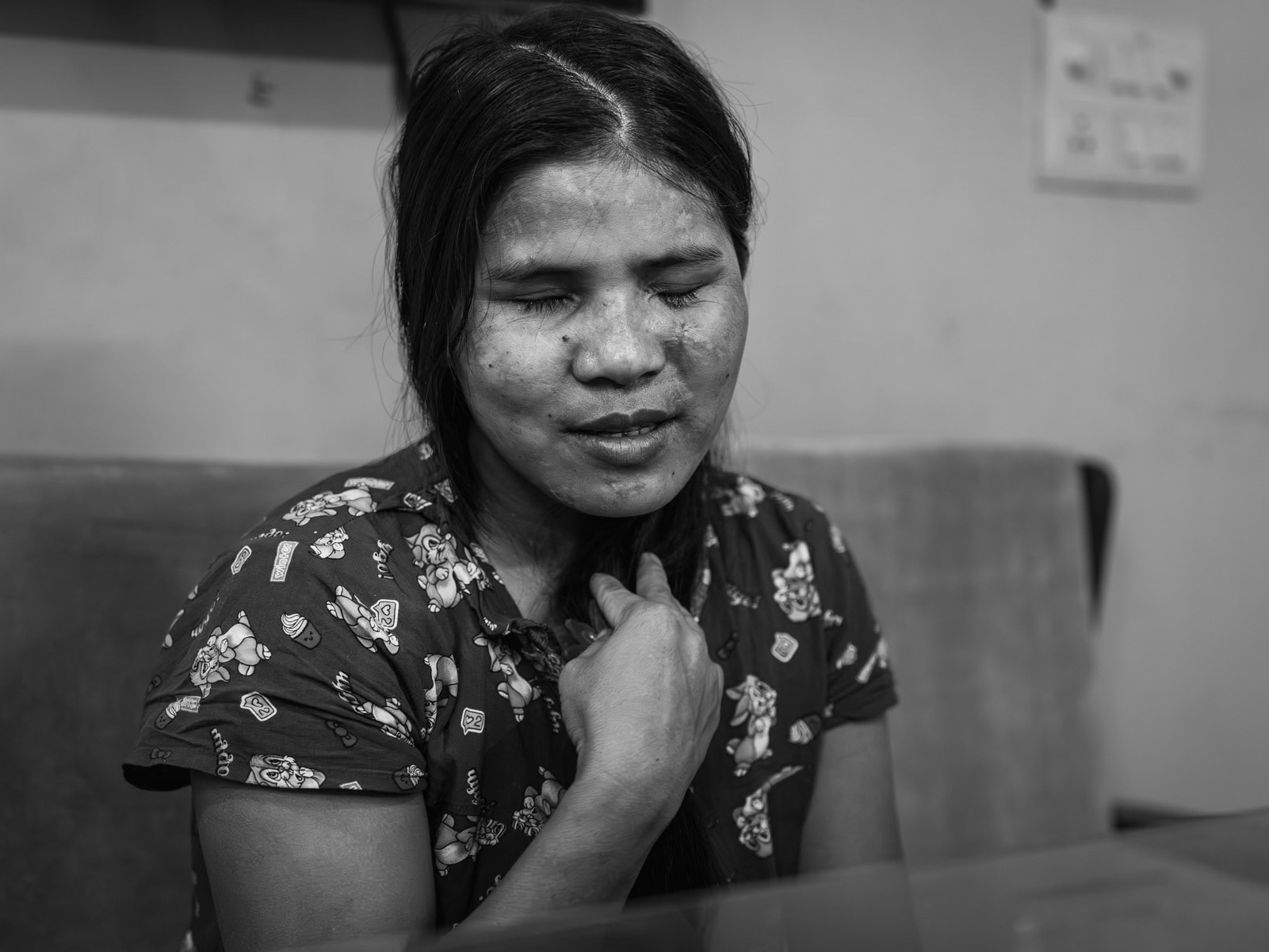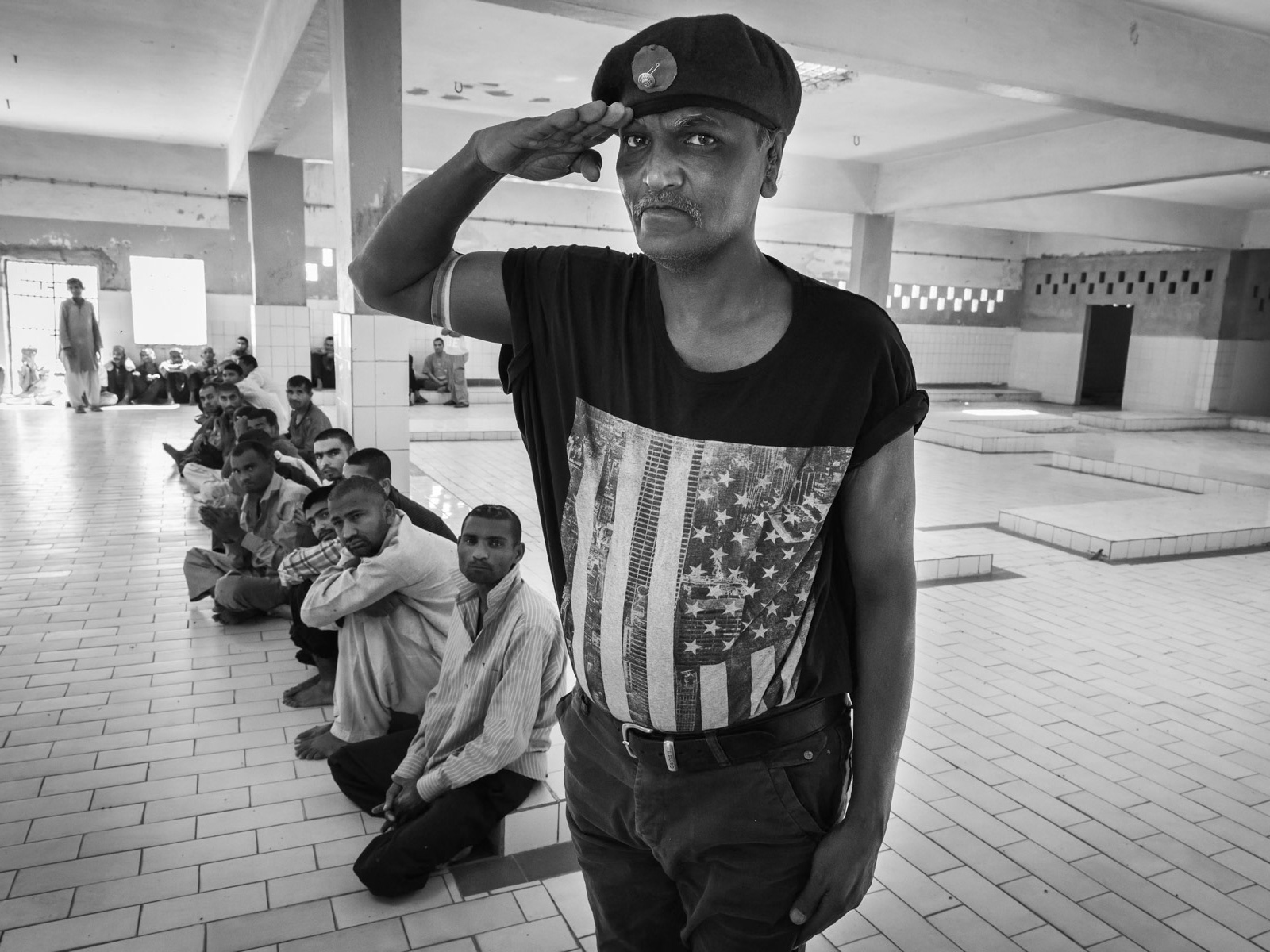Lives Defined by Displacement and Unresolved Histories
In various parts of the world, there are people who live their lives as ordinary as they can, yet their social status sets them apart. They are refugees or internally displaced persons (IDPs), carrying the weight of conflicts that have defined their lives for decades. Many are born into this status, inheriting not just a lineage but the consequences of a conflict that lingers unresolved. These "frozen conflicts" leave indelible scars on territories and communities, creating a state of limbo that endures through generations.
Nagorno-Karabakh (Artsakh)
The region of Nagorno-Karabakh, known as Artsakh to its predominantly Armenian inhabitants, embodies the paradox of frozen conflicts. While internationally recognised as part of Azerbaijan, the region functions independently, its lifeline tied to Armenia. Long strips of abandoned towns bear silent testimony to the devastating wars that have emptied the area of much of its population. Those who remain live amidst the ruins of their past, carrying the burden of a conflict that seems far from resolution.
Samegrelo and Abkhazia
In Georgia, the Samegrelo region borders the contested territory of Abkhazia. The war between Georgia and Abkhazia in the early 1990s uprooted thousands, many of whom settled in Samegrelo as IDPs. Decades later, these individuals still grapple with harsh living conditions and limited economic opportunities. Collective centres housing IDPs stand as stark reminders of a conflict that has reshaped lives but failed to heal wounds.
Abkhazia itself presents a complex picture. Officially declared independent and supported by Russia, the territory remains in limbo. Few displaced Georgians have returned, mainly to Gali, where life is marked by hardship and uncertainty. Along the shores of the Black Sea, Abkhazia exists as a shadow of its former self, shaped by a war that severed its ties with Georgia yet failed to bring clarity to its future.
Transnistria
Sandwiched between Ukraine and Moldova, Transnistria remains a relic of a bygone era. The short war in the early 1990s cemented its status as a de facto state, even as it remains internationally part of Moldova. Time appears frozen here, with poverty and stagnation defining the lives of those who call this disputed region home.
Across these frozen conflict zones, individuals and communities bear the weight of unresolved histories. Displacement, poverty, and uncertainty define their existence, while the promise of a brighter future remains as elusive as the resolution of the conflicts themselves.
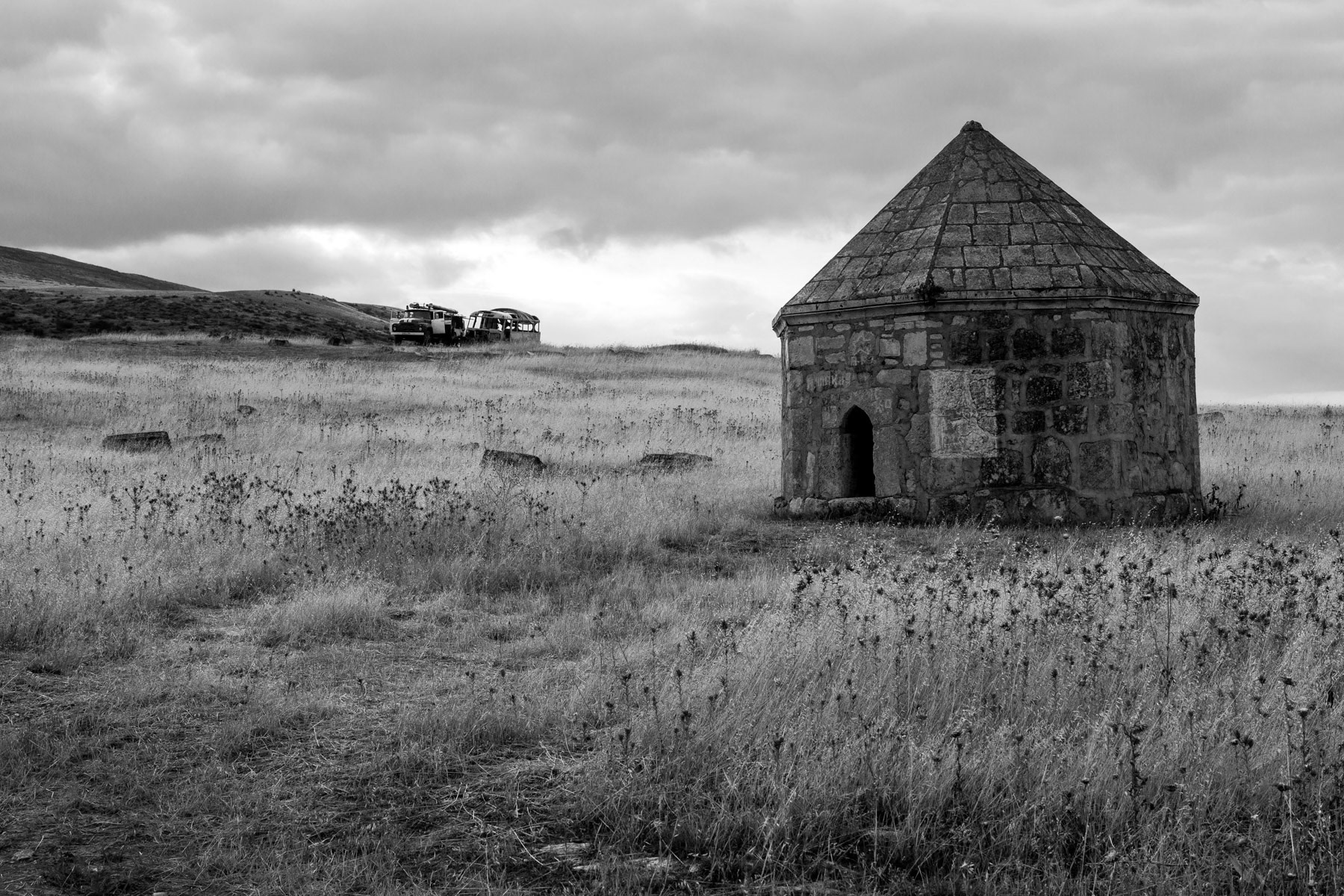
Outskirts of Nor Maragha village, Nagorno-Karabakh, July 2014
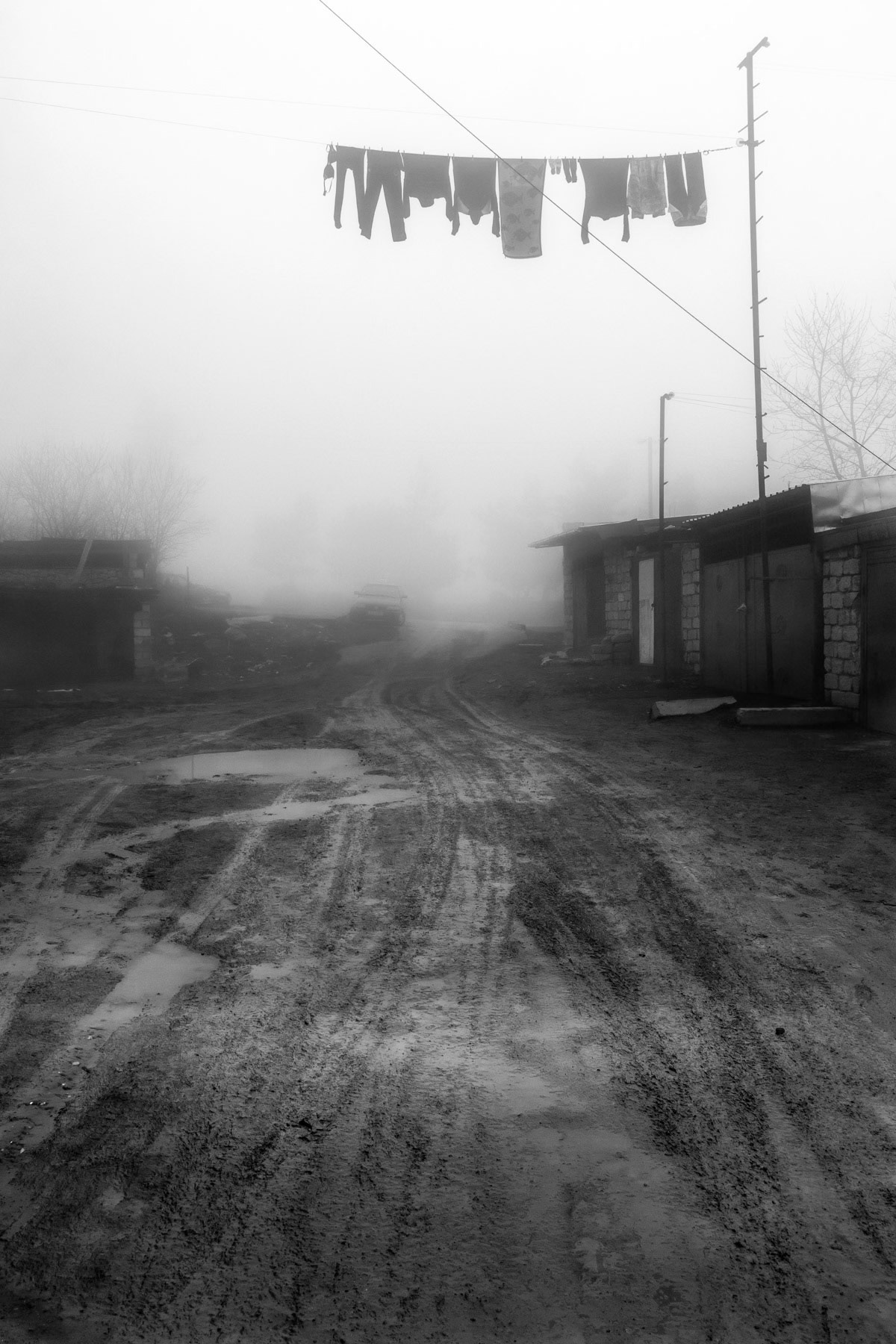
Alley in Shushi town, Nagorno-Karabakh, March 2014
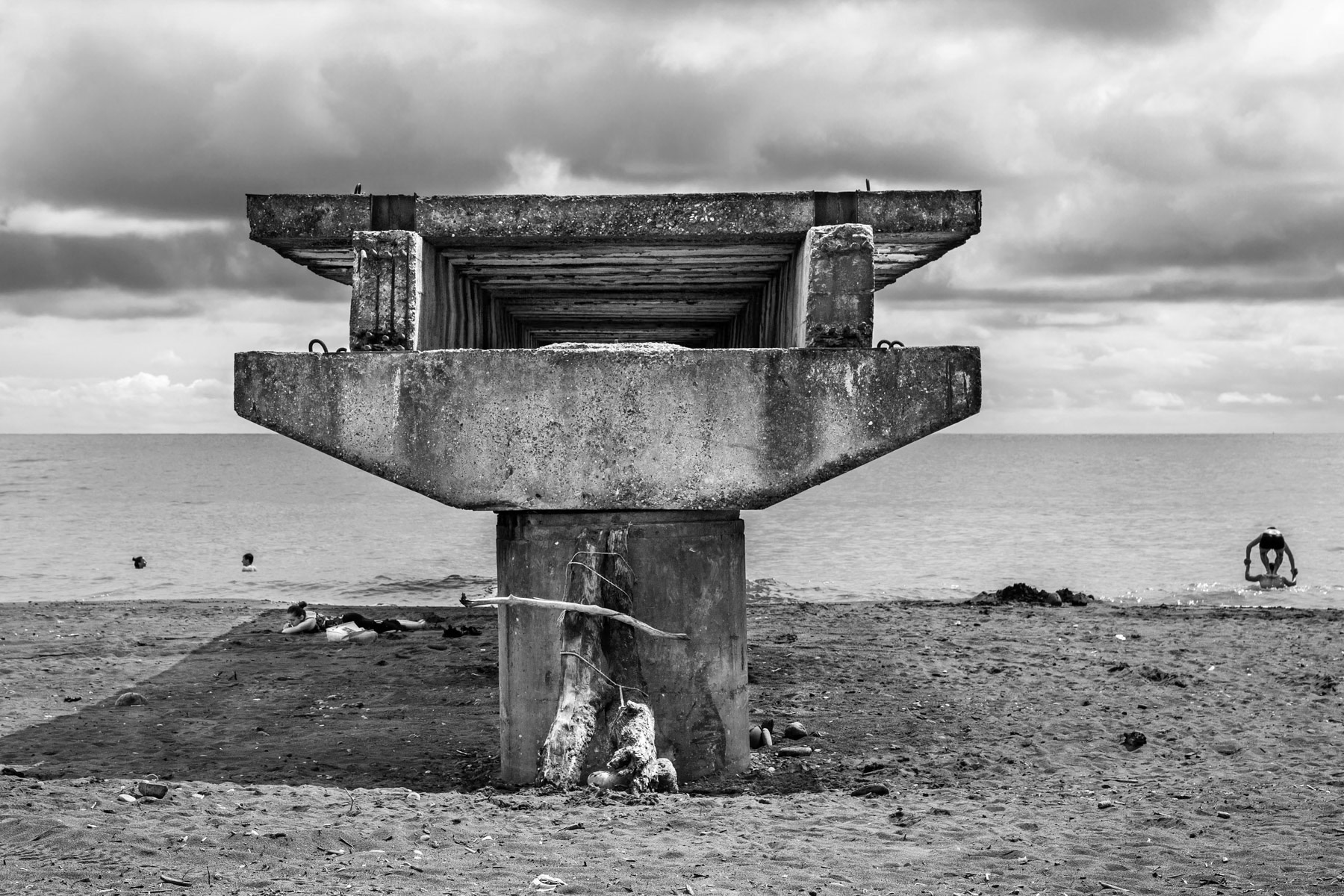
Anaklia, Black Sea resort in Samegrelo, Georgia, July 2014
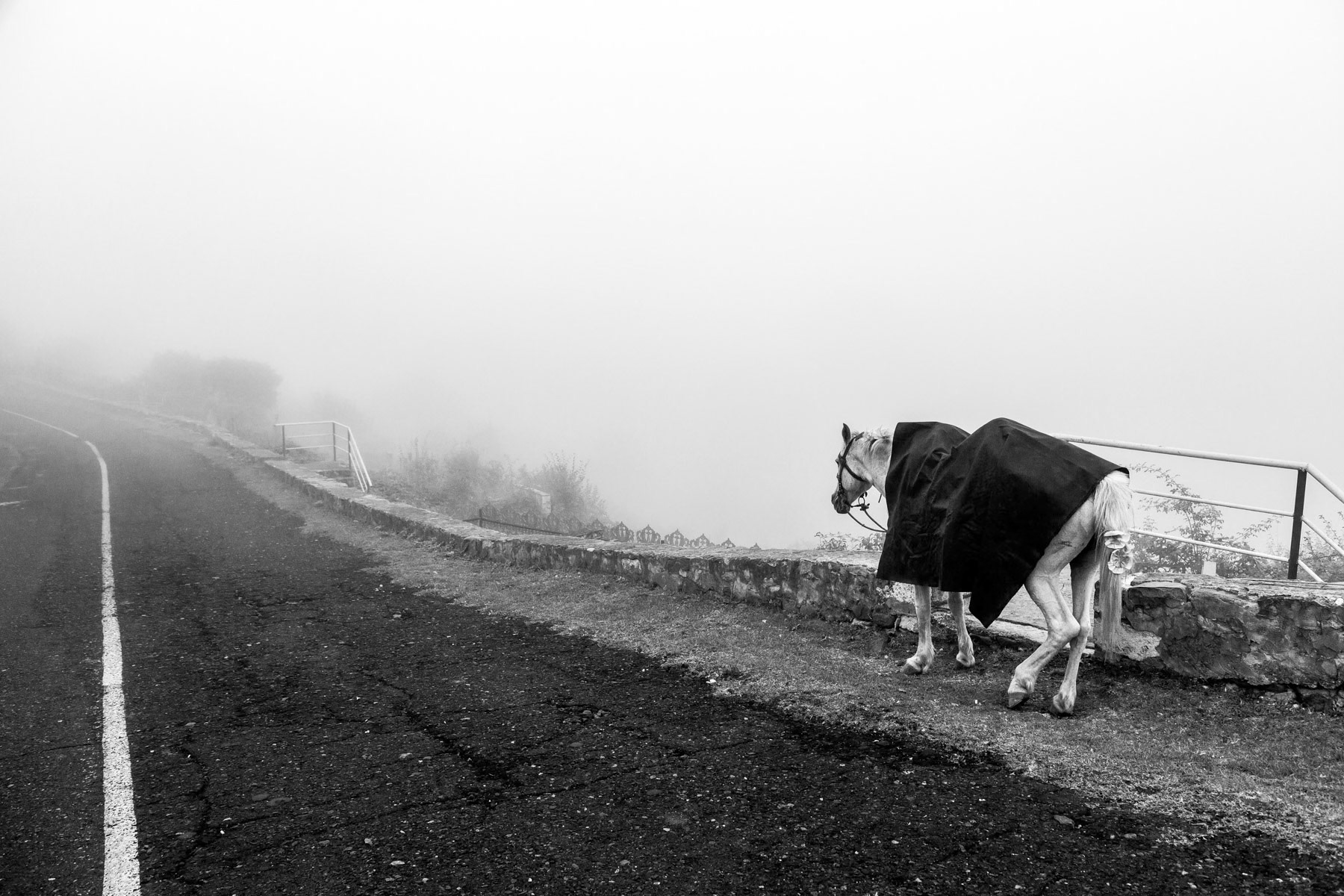
Road leading to Gandzasar monastery, October 2013
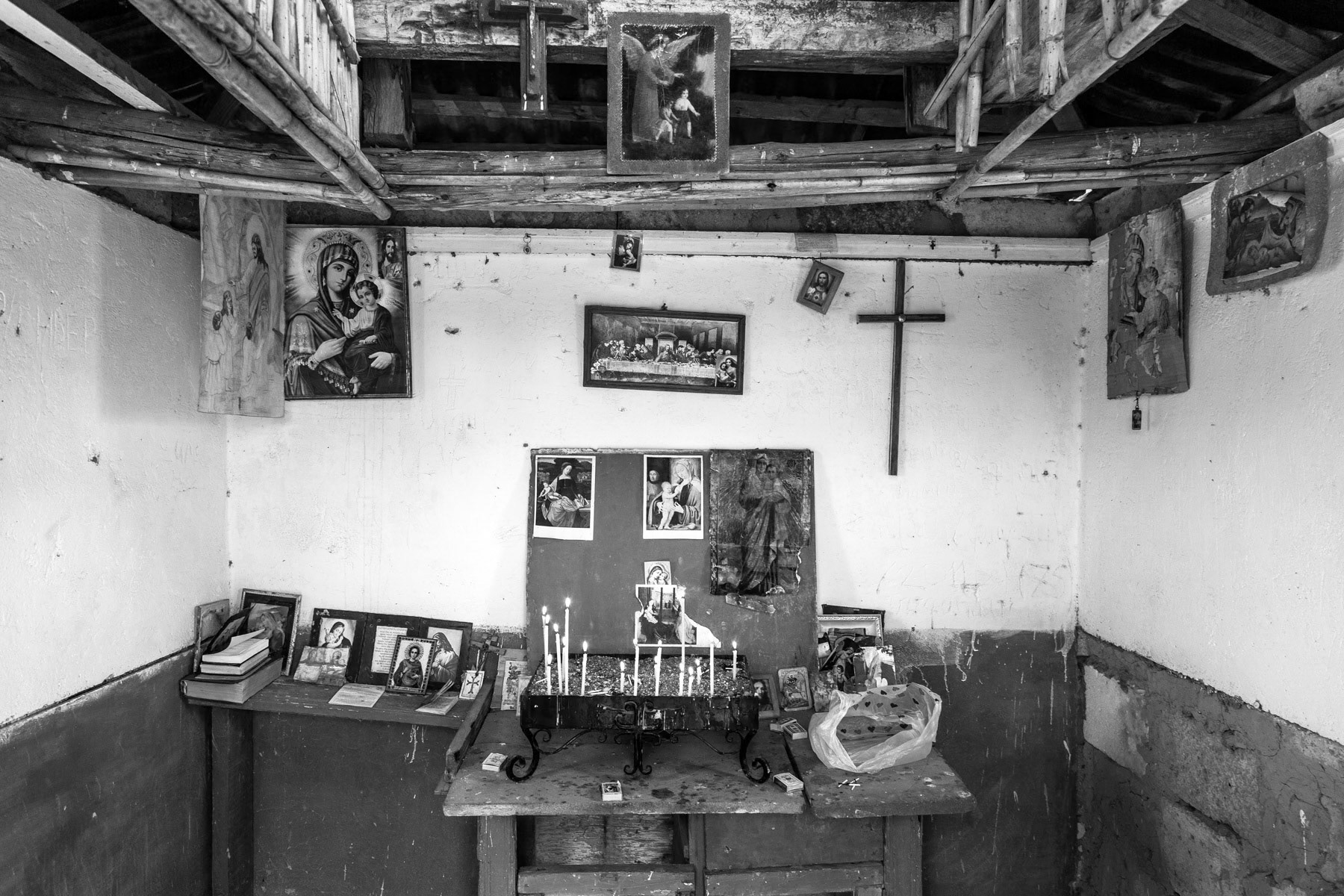
Improvised chapel along the road from Kovsakan to Jrakan, Karabakh, March 2014
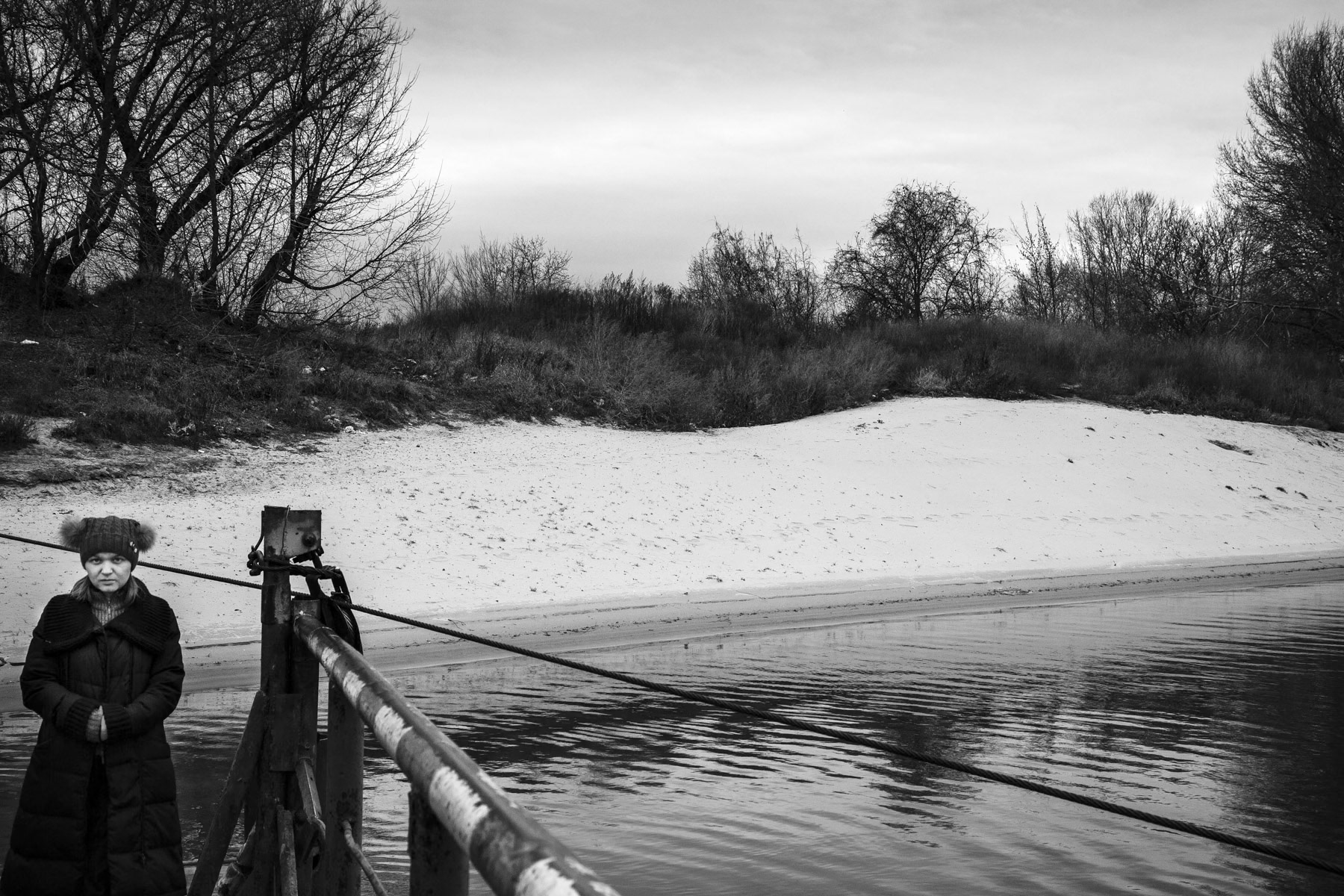
Barge crossing the Dniestr river in Tiraspol, Transnistria, December 2013
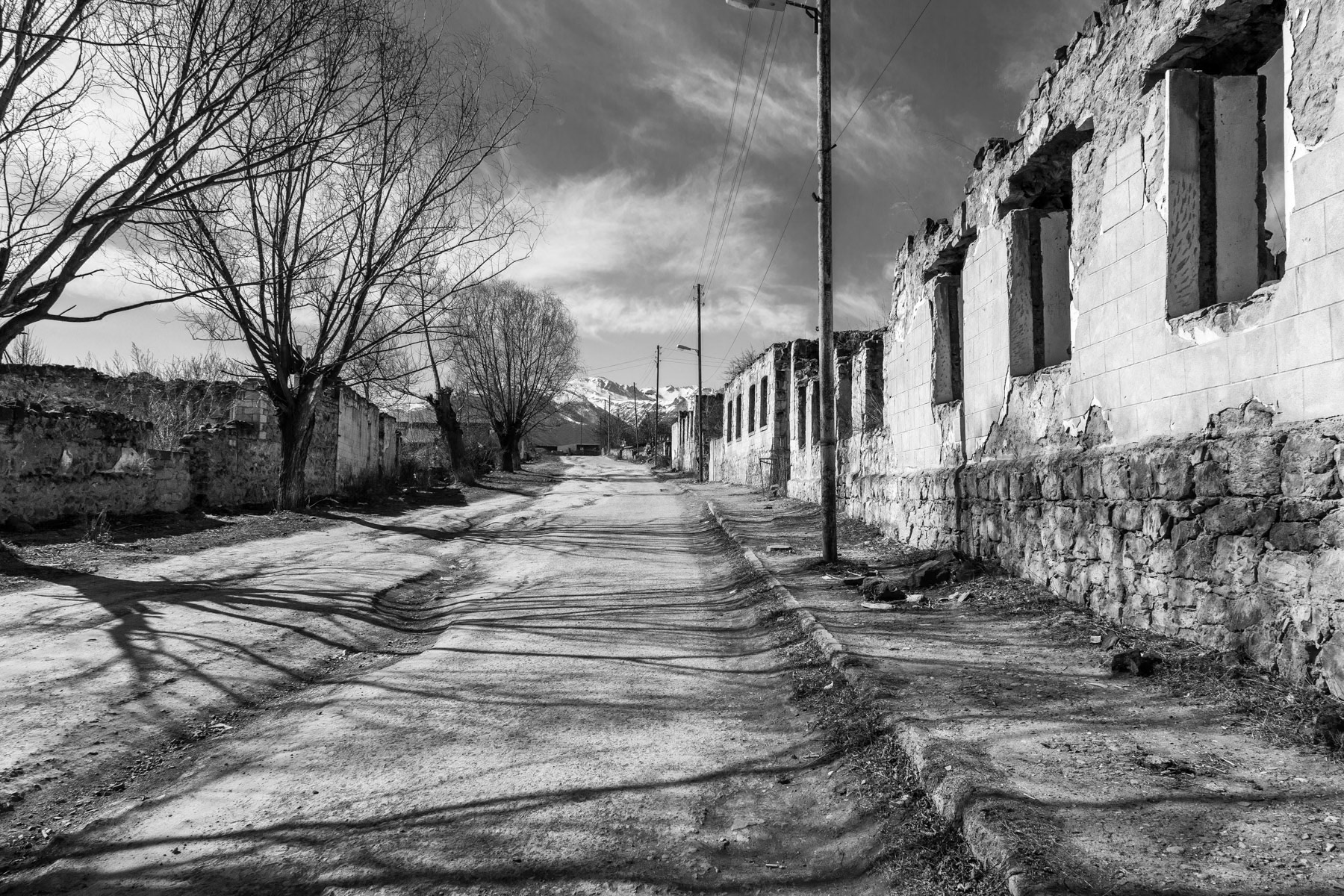
Ethnically cleasned town of Karvachar, Nagorno-Karabakh, South-Caucasus, February 2014
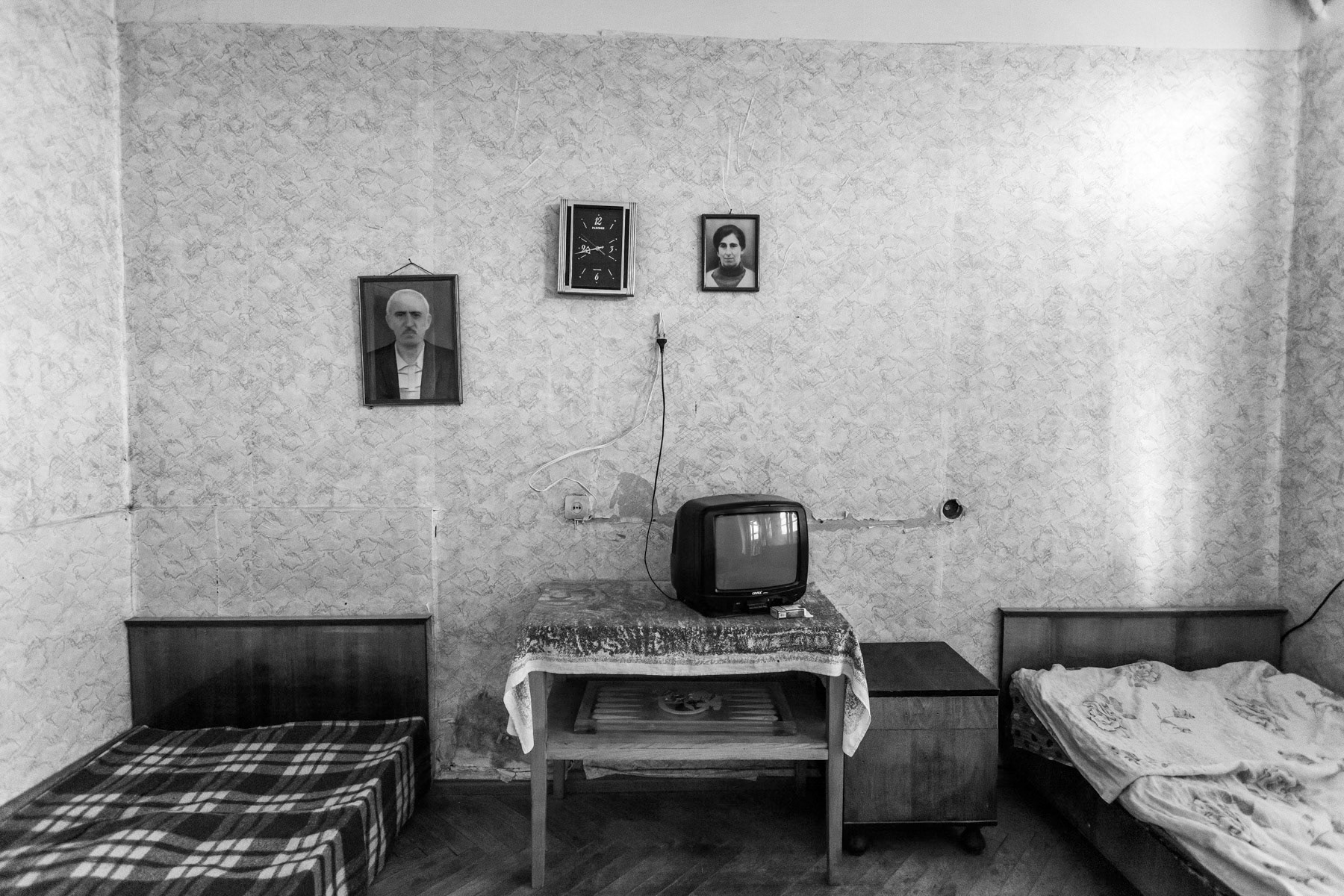
Collective Centre for IDP's in an abandonned Spa resort, Tskaltubo, Georgia, July 2014
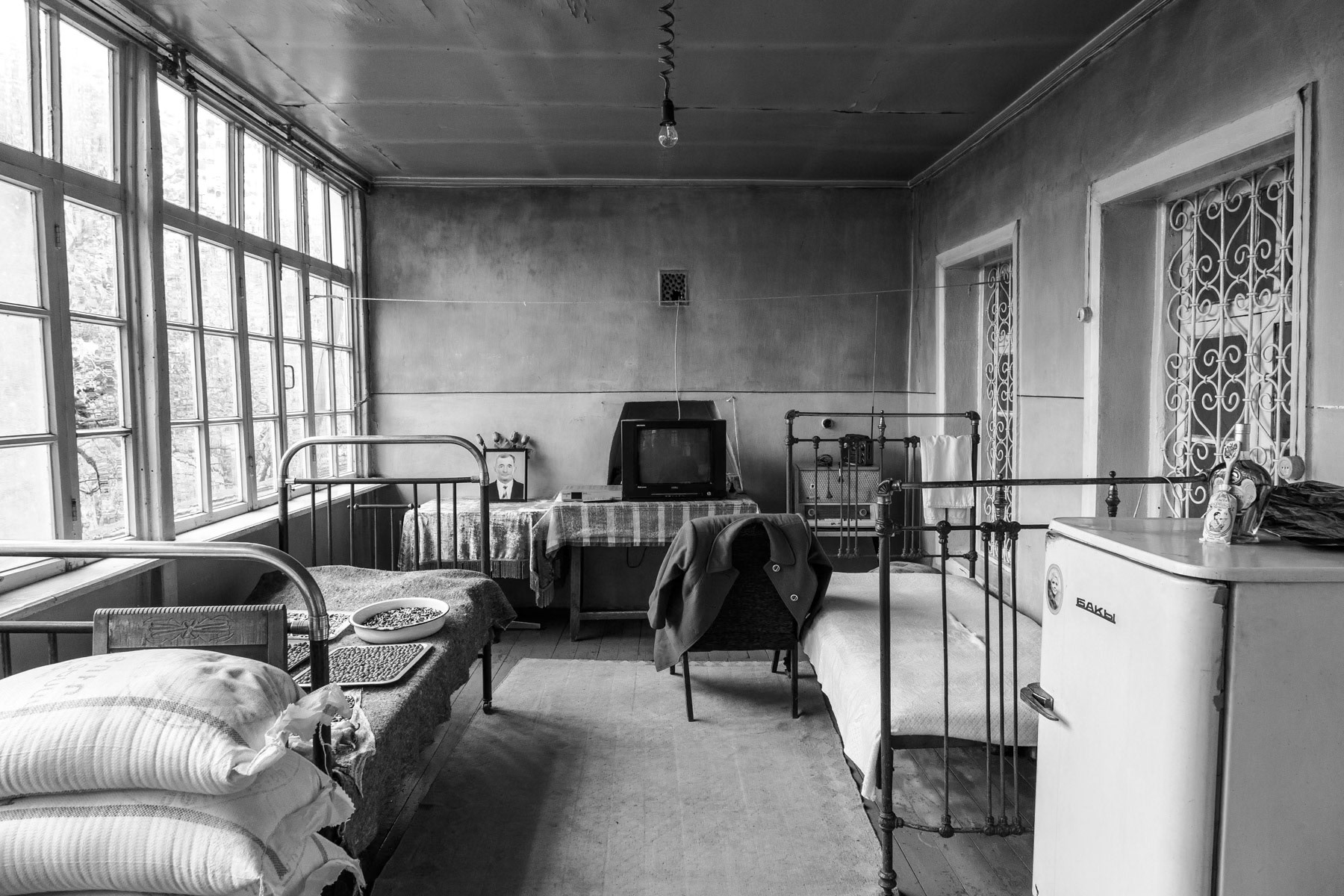
The village of Qyatuk has only three residents remaining from the several hundreds before the war, Askeran region, Nagorno-Karabakh, October 2013
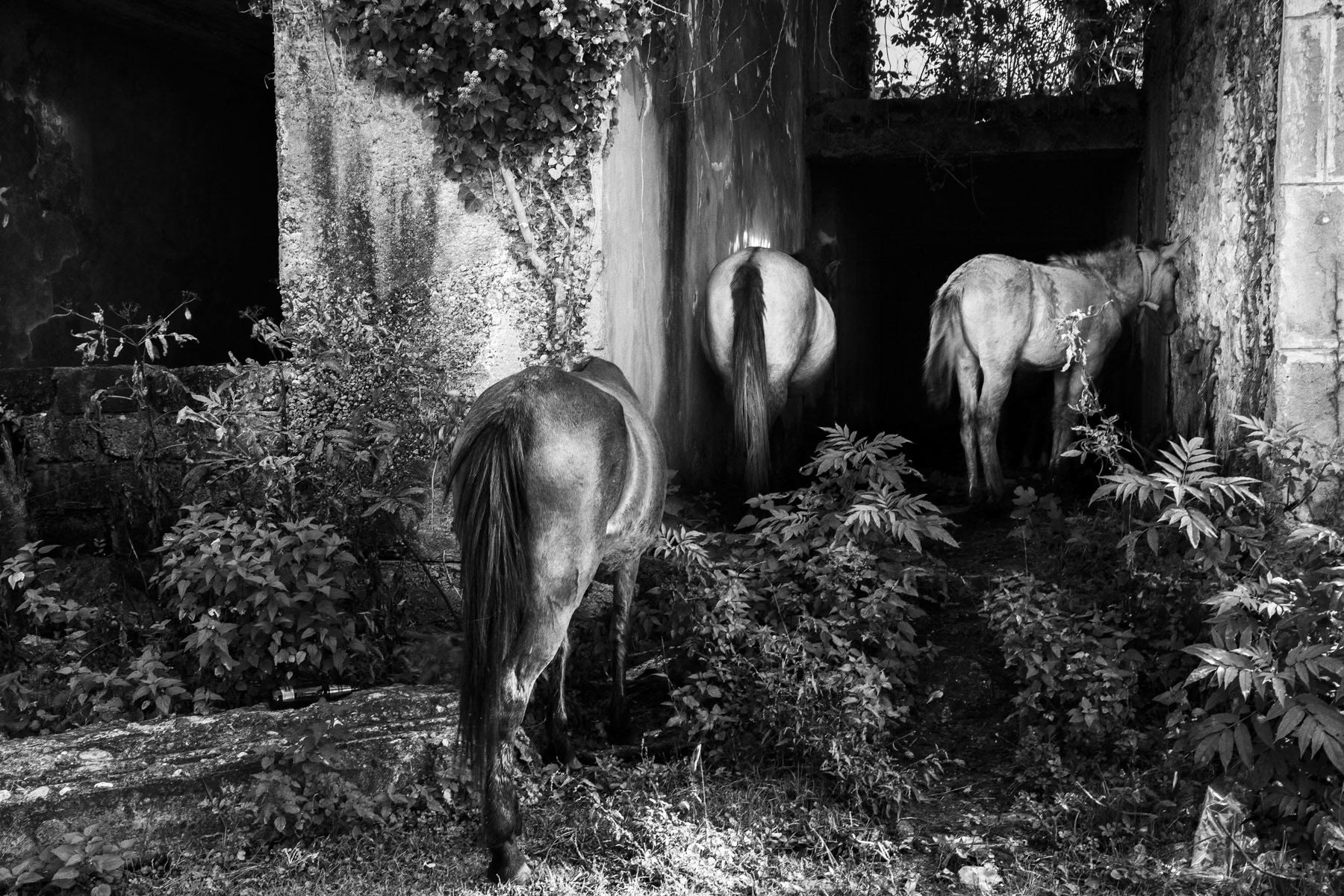
Horses in an abandoned building, downtown Gali, Abkhazia, October 2013
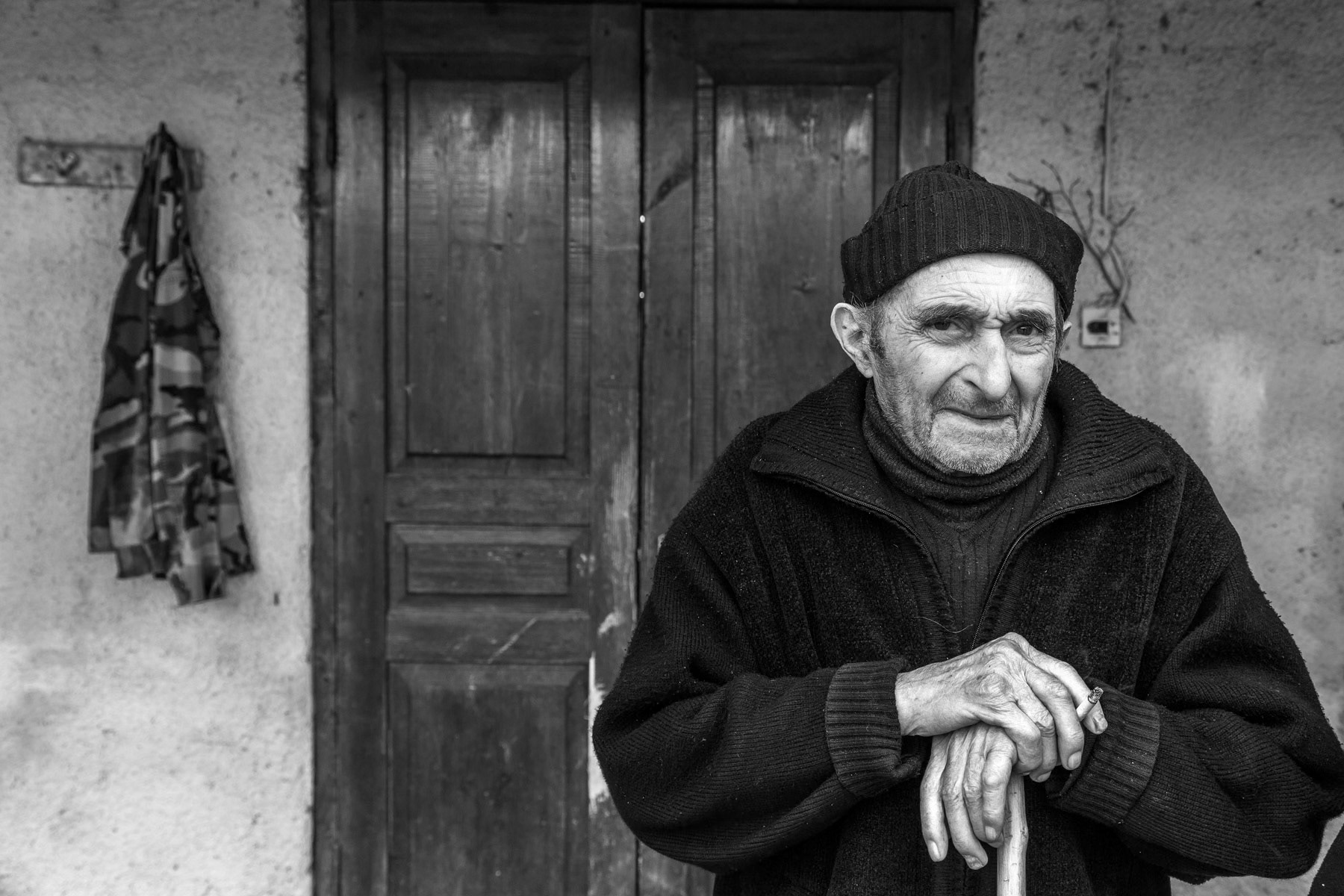
Abkhazian resident of Likhni village, Abkhazia, March 2014

Fisherman on the Dniestr river in Tiraspol, Transnistria, December 2013
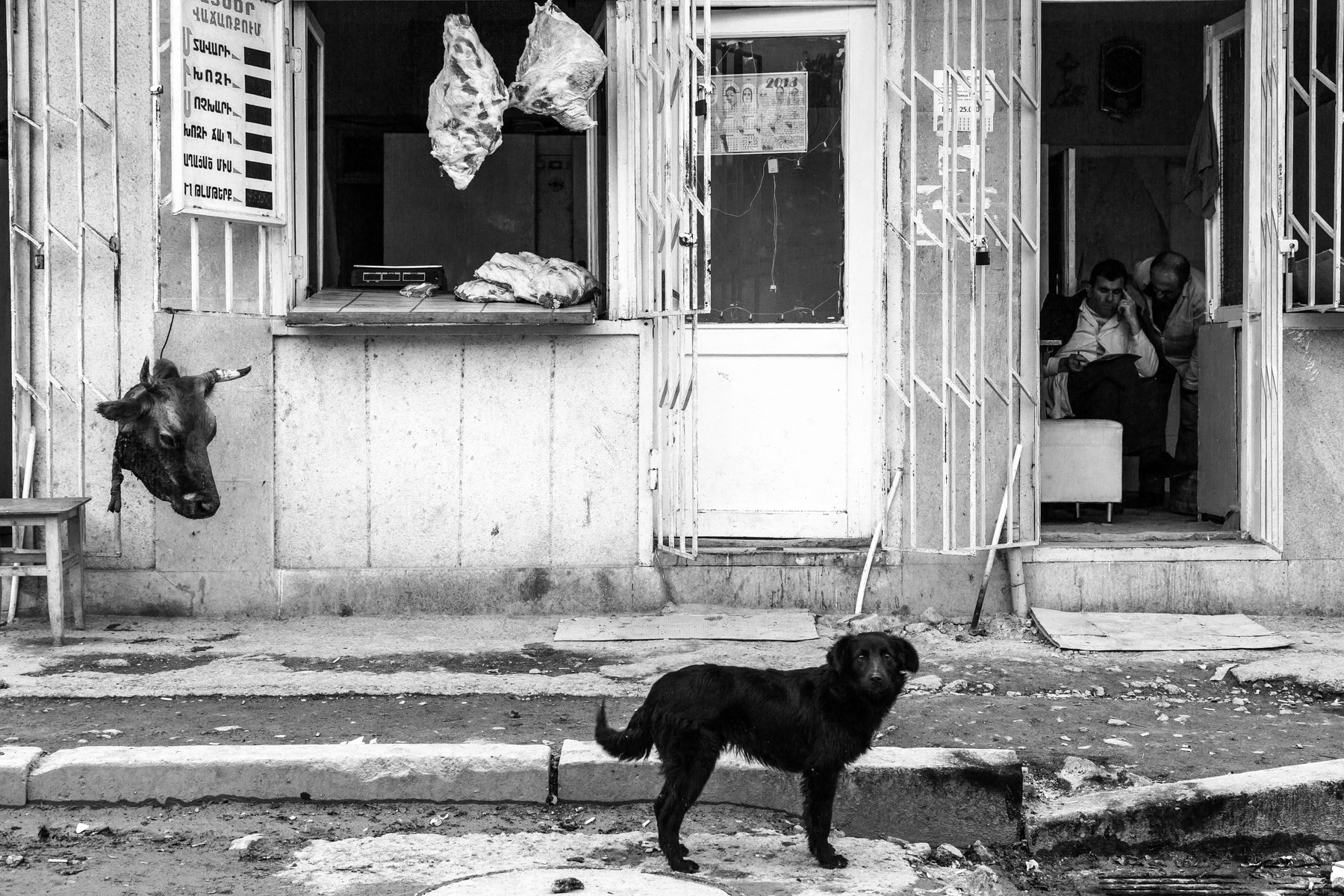
Butcher shop, Stepanakert, October 2013
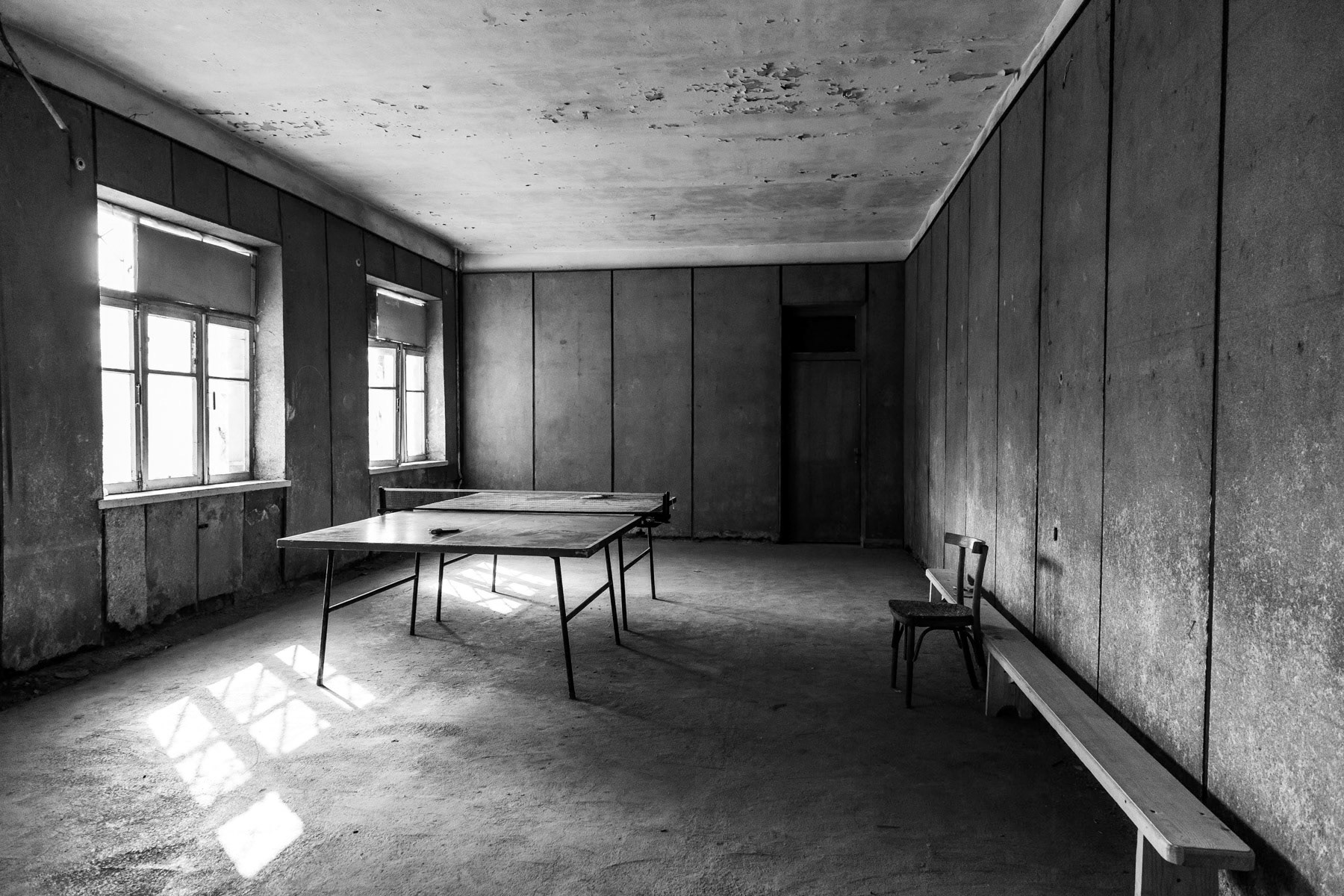
Indoor sports room, school No 23 in Zugdidi, October 2013
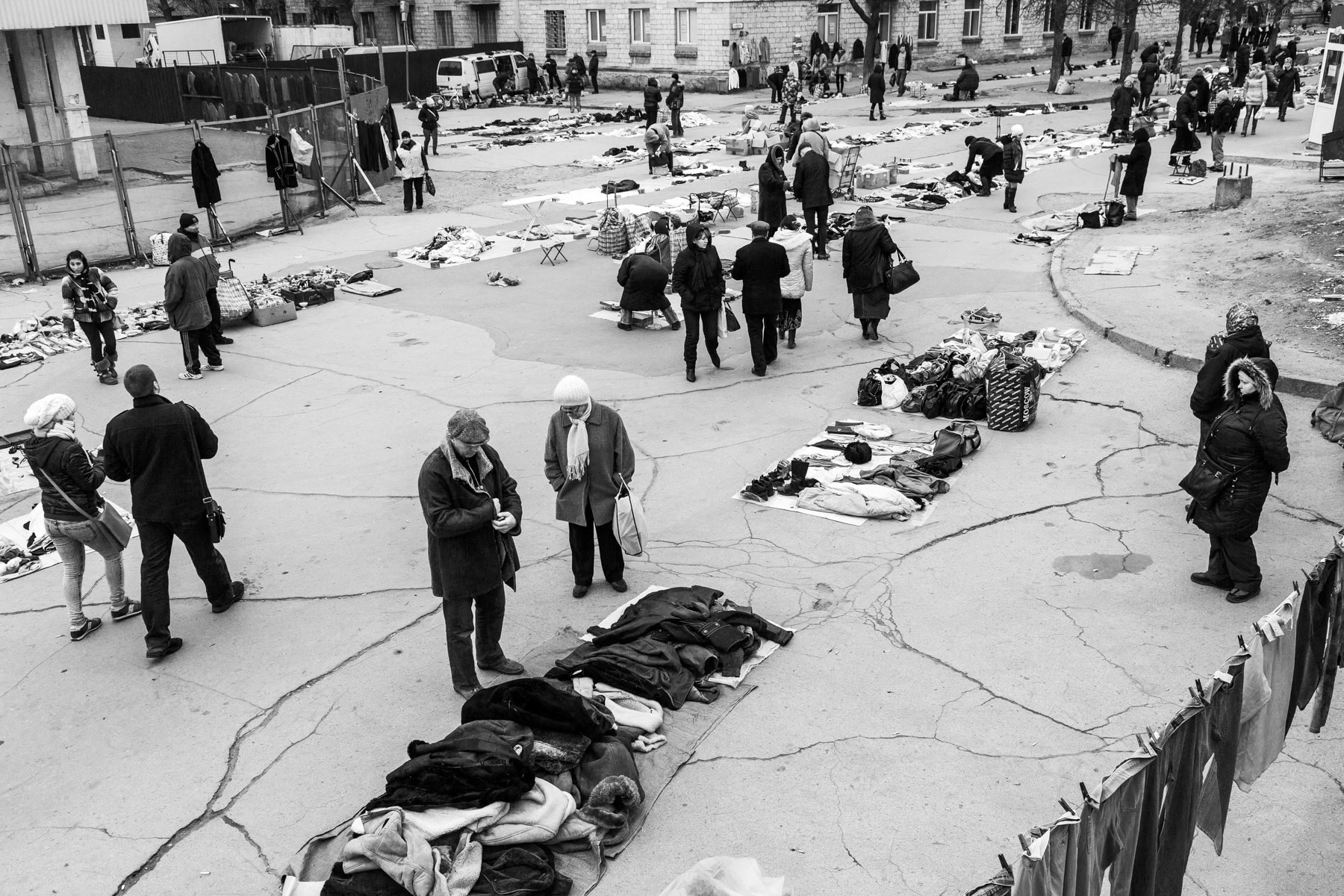
Second hand market in Chisinau, Moldavia, December 2013
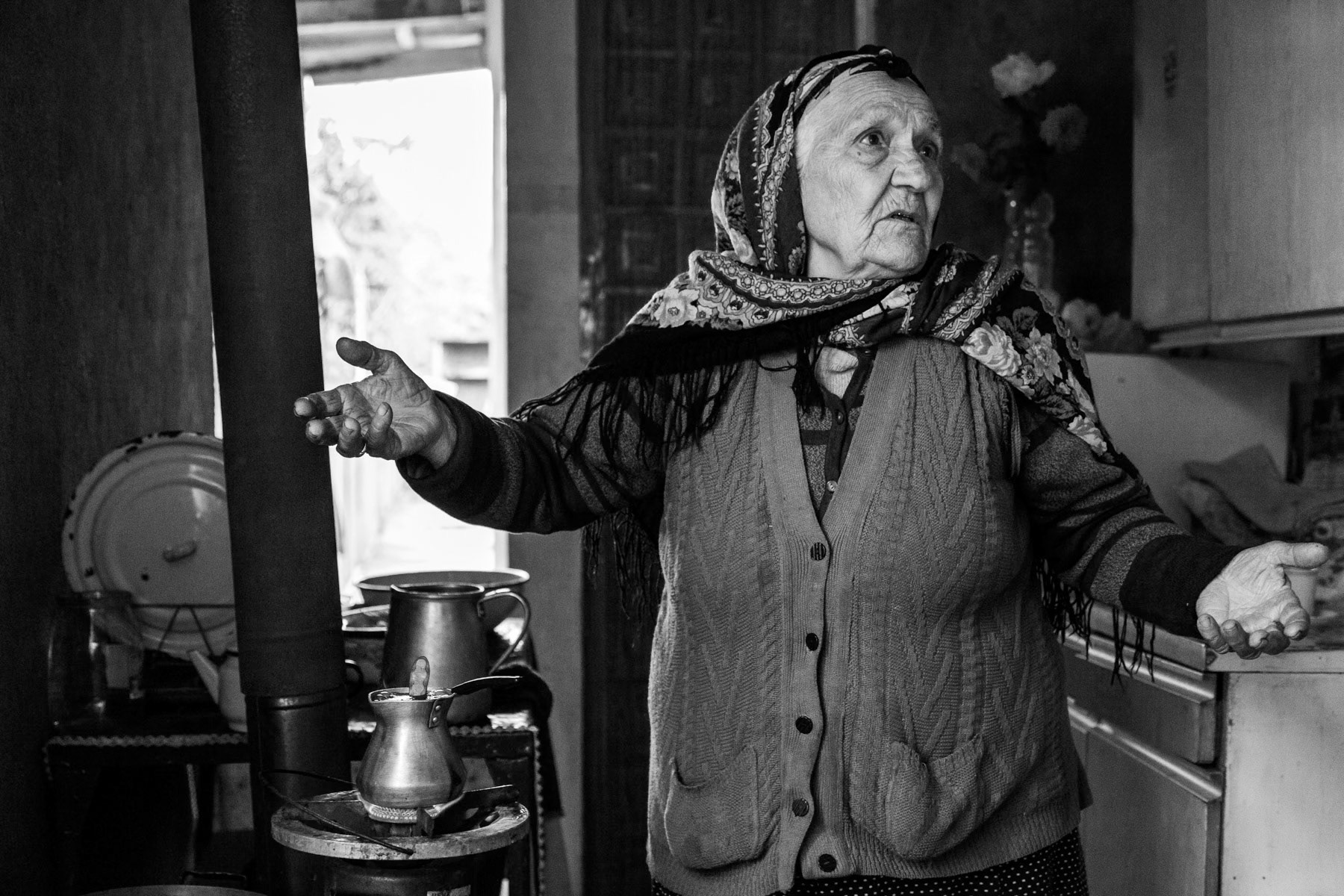
Old woman from Getavan village in northern Karabakh, October 2013
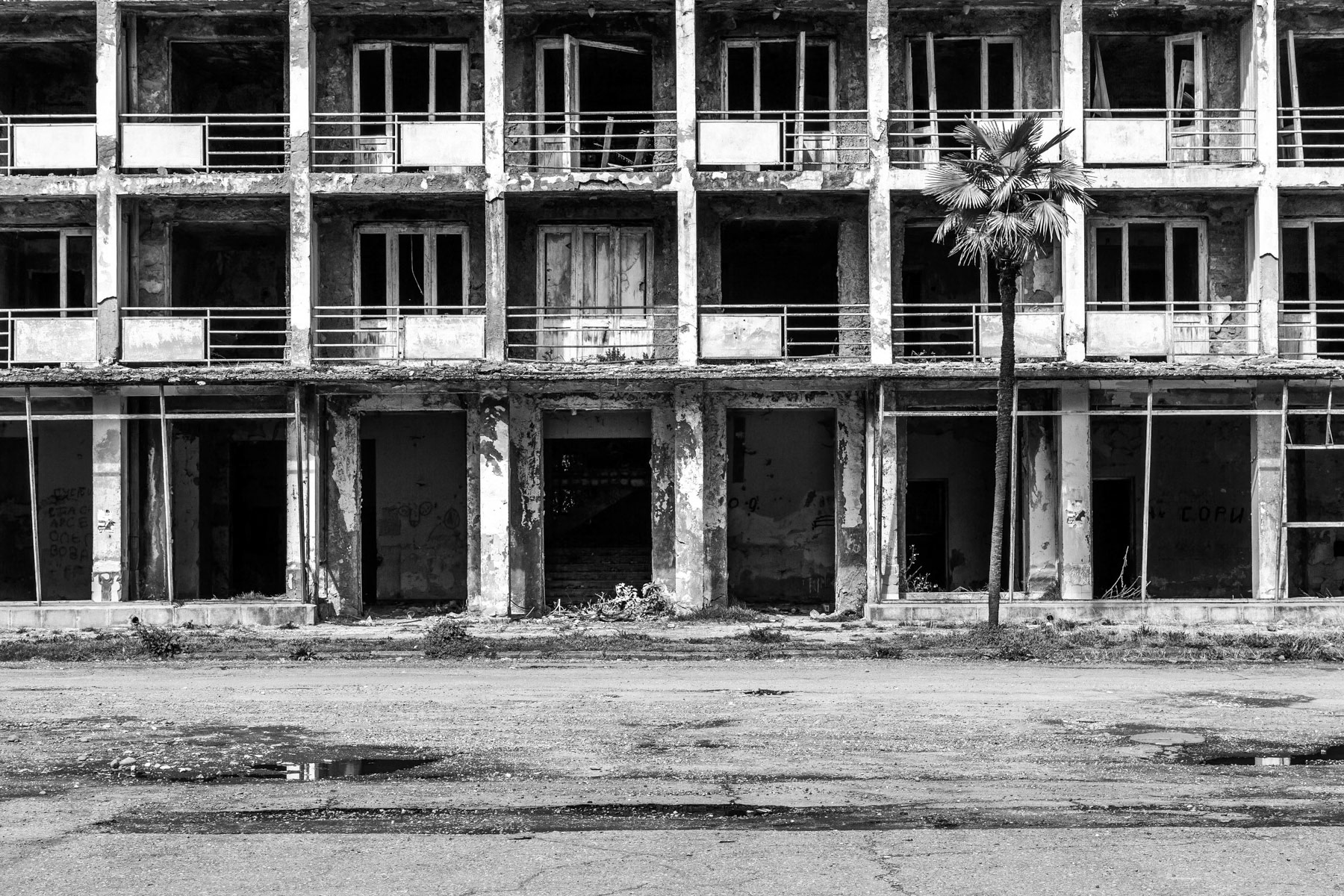
Ruined resort in Sukhumi, Abkhazia, March 2014
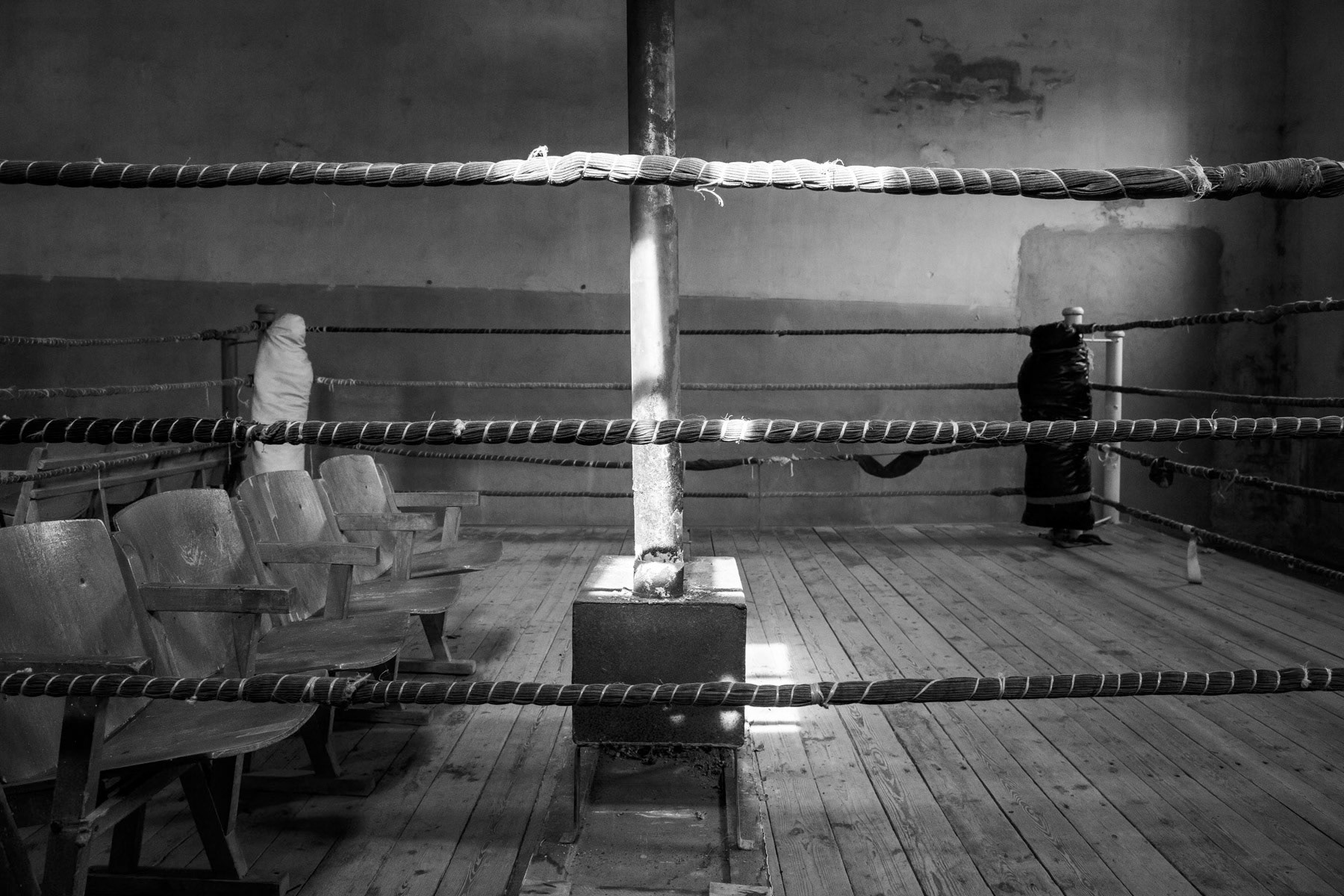
Multi-functional combat sports ring, Hadrut town in southern Karabakh, March 2014
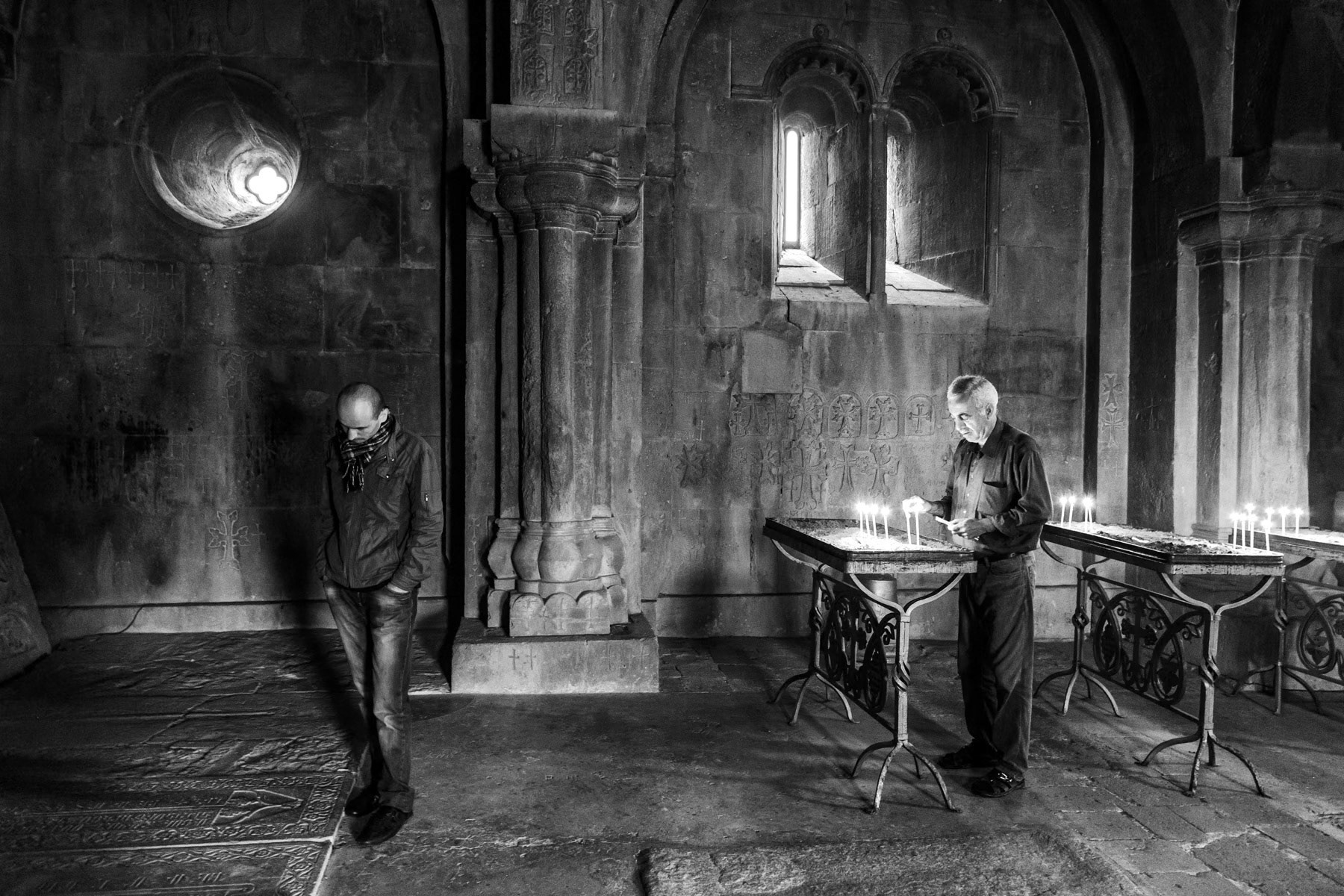
Gandzasar monastery near Vank, October 2013
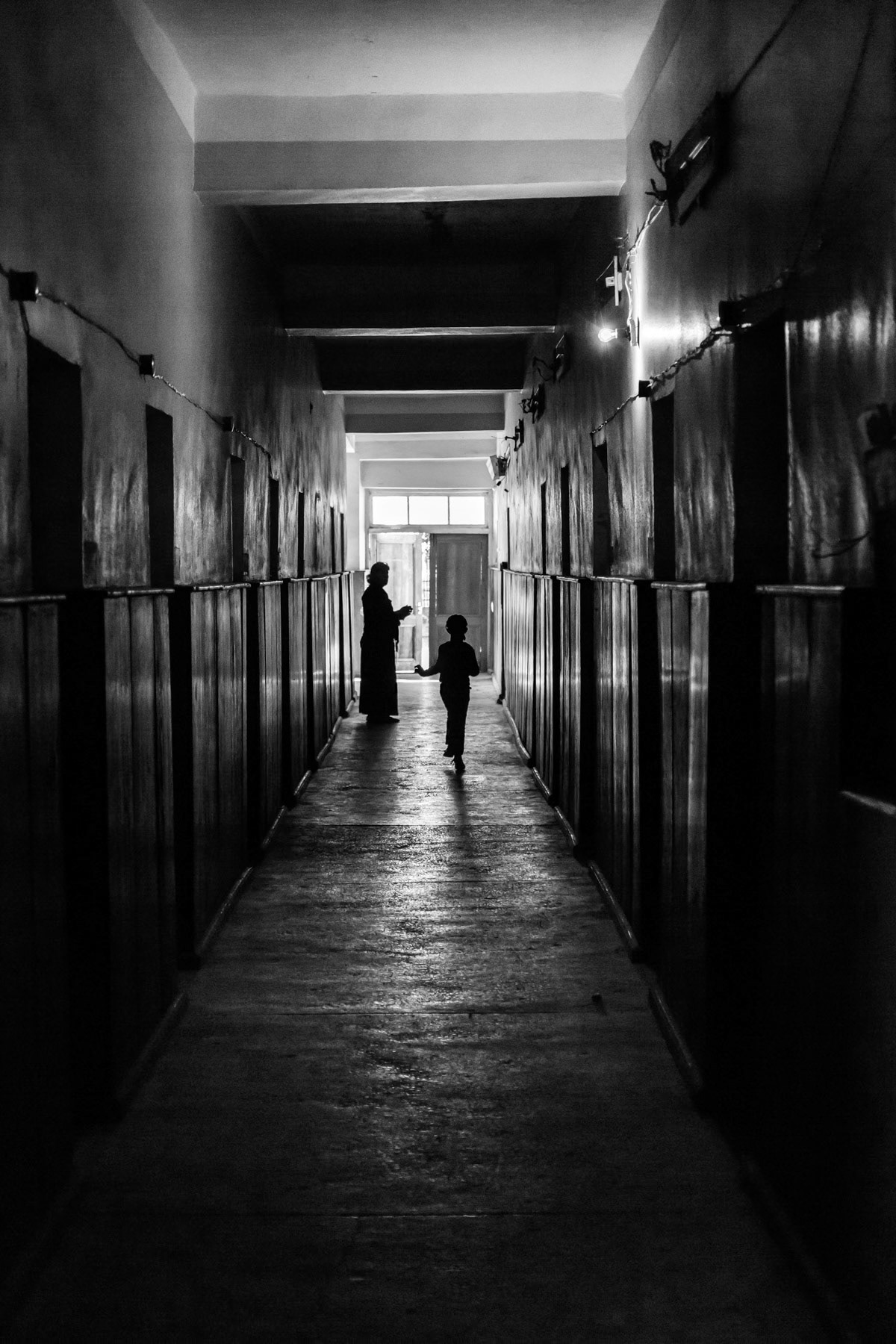
Zugdidi, school No 23 for internally displaced children, hosted in abandoned administrative buildings of a nearby factory, Georgia, October 2013
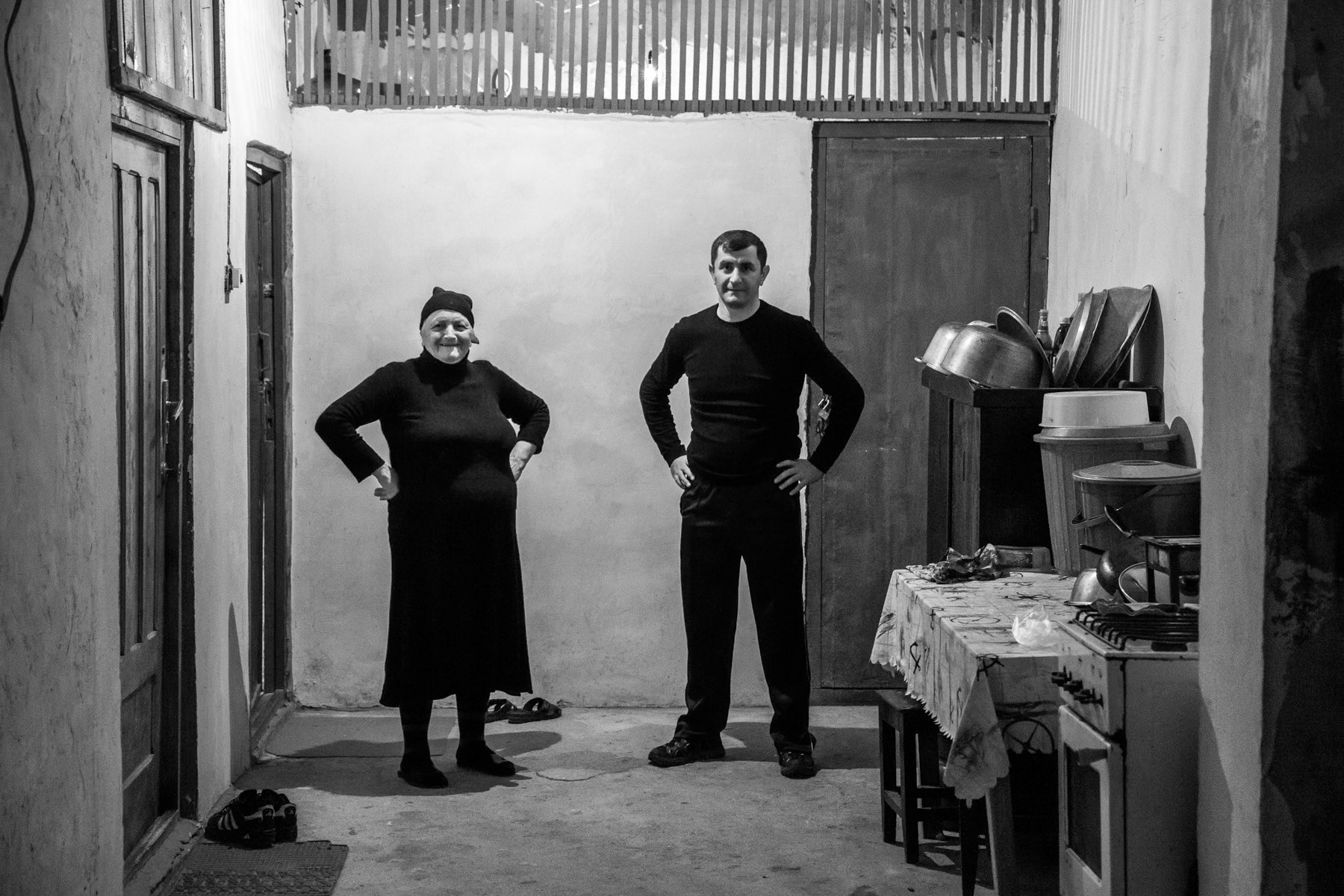
People of Mingrelia in a Zugdidi collective centre, Georgia, October 2013
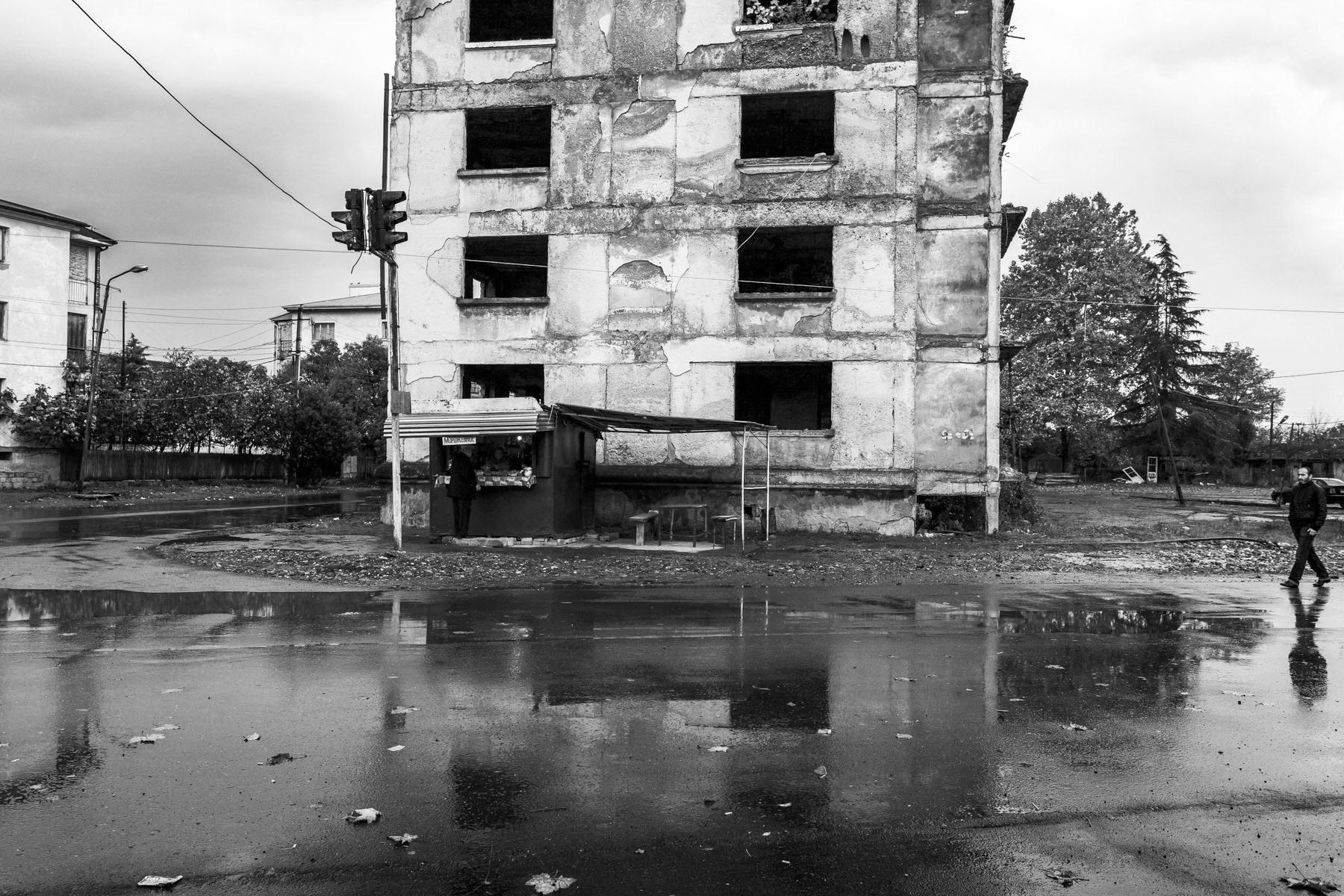
Gali centre town, Abkhazia, October 2013
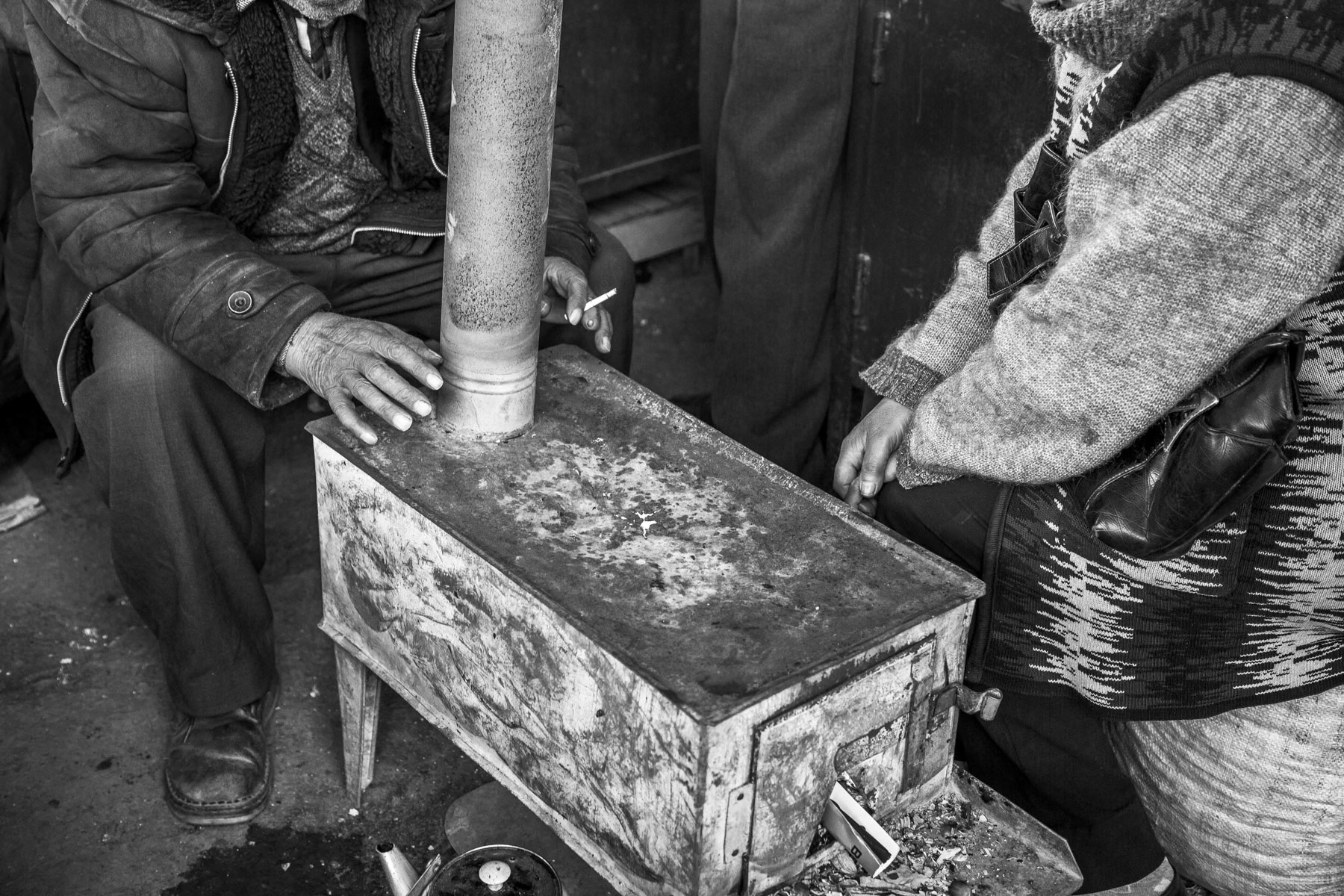
Keeping warm in the morning, market in Stepanakert, February 2014
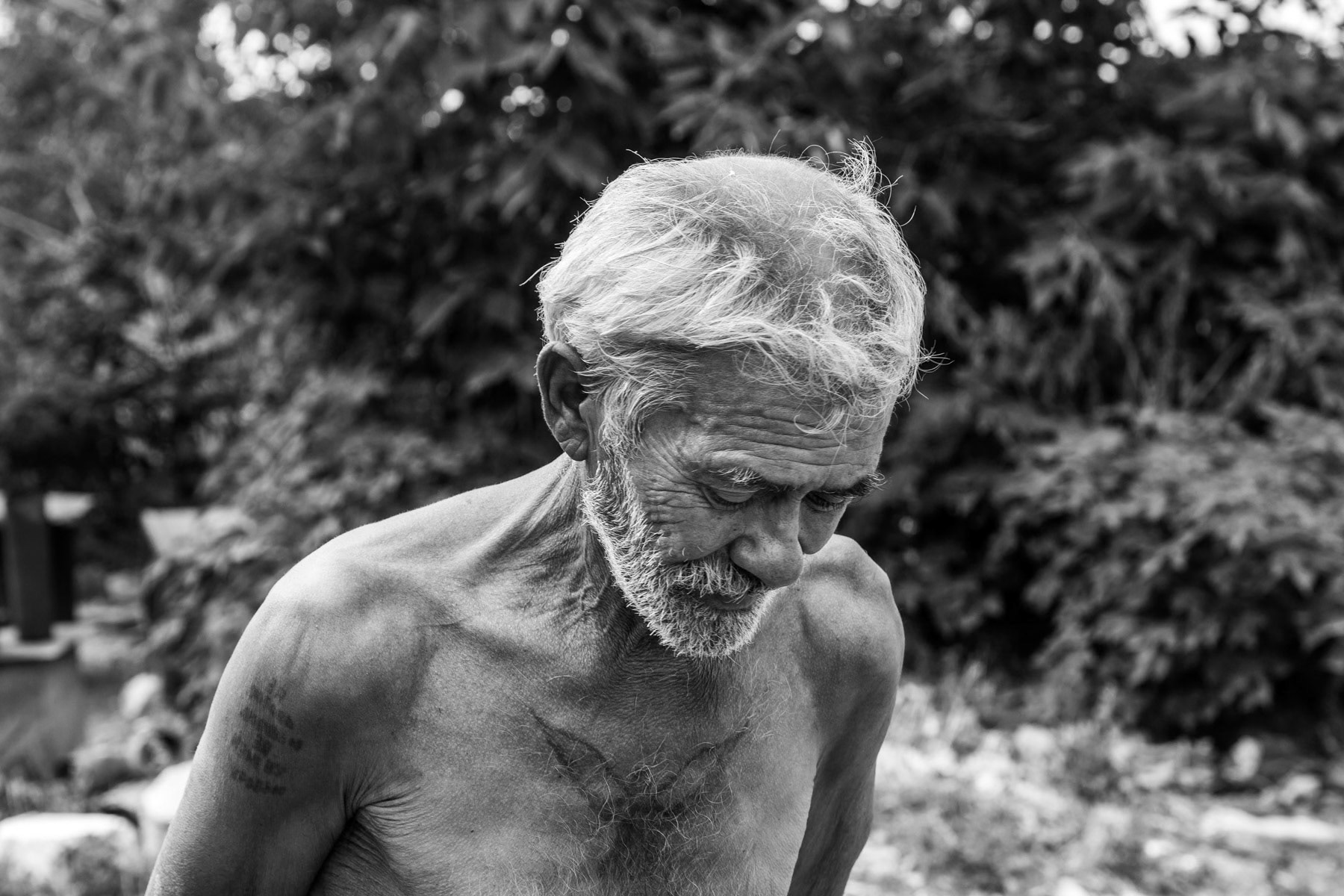
Soviet veteran living in the deserted city of Agdam, Karabakh, July 2014
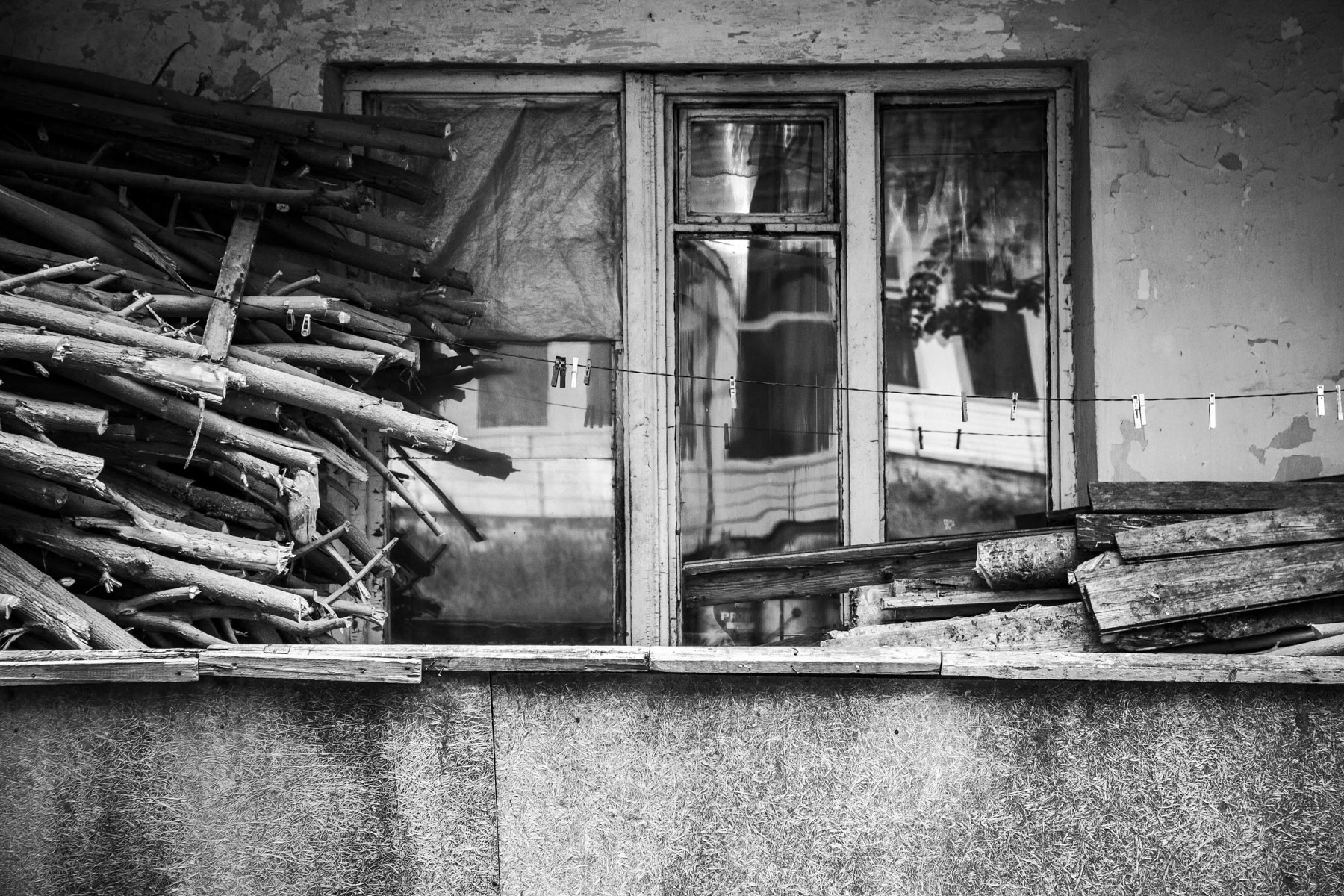
Firewood, Shushi, Nagorno-Karabakh, October 2013
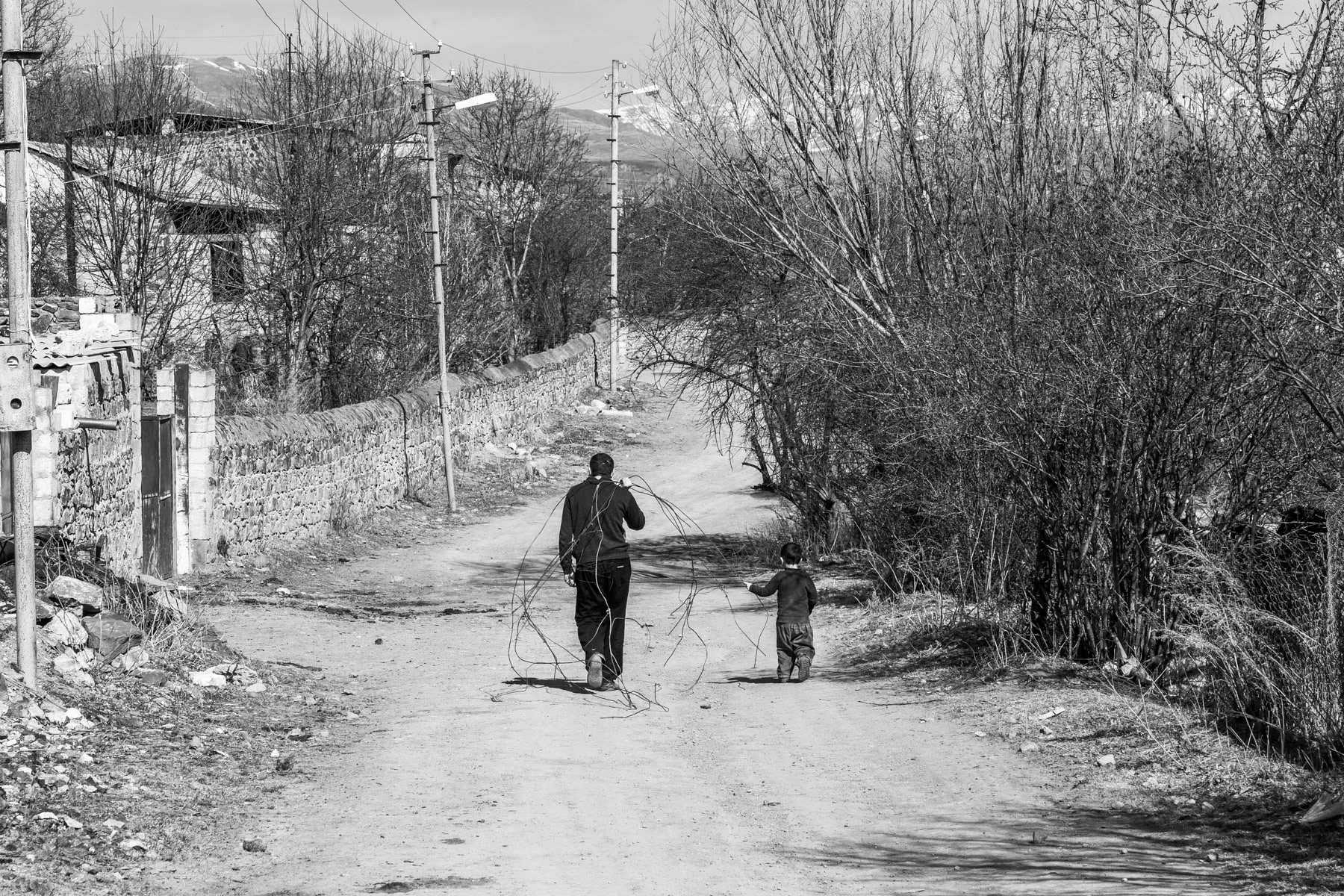
Collecting useful building material, Karvachar town, Nagorno-Karabakh, February 2014
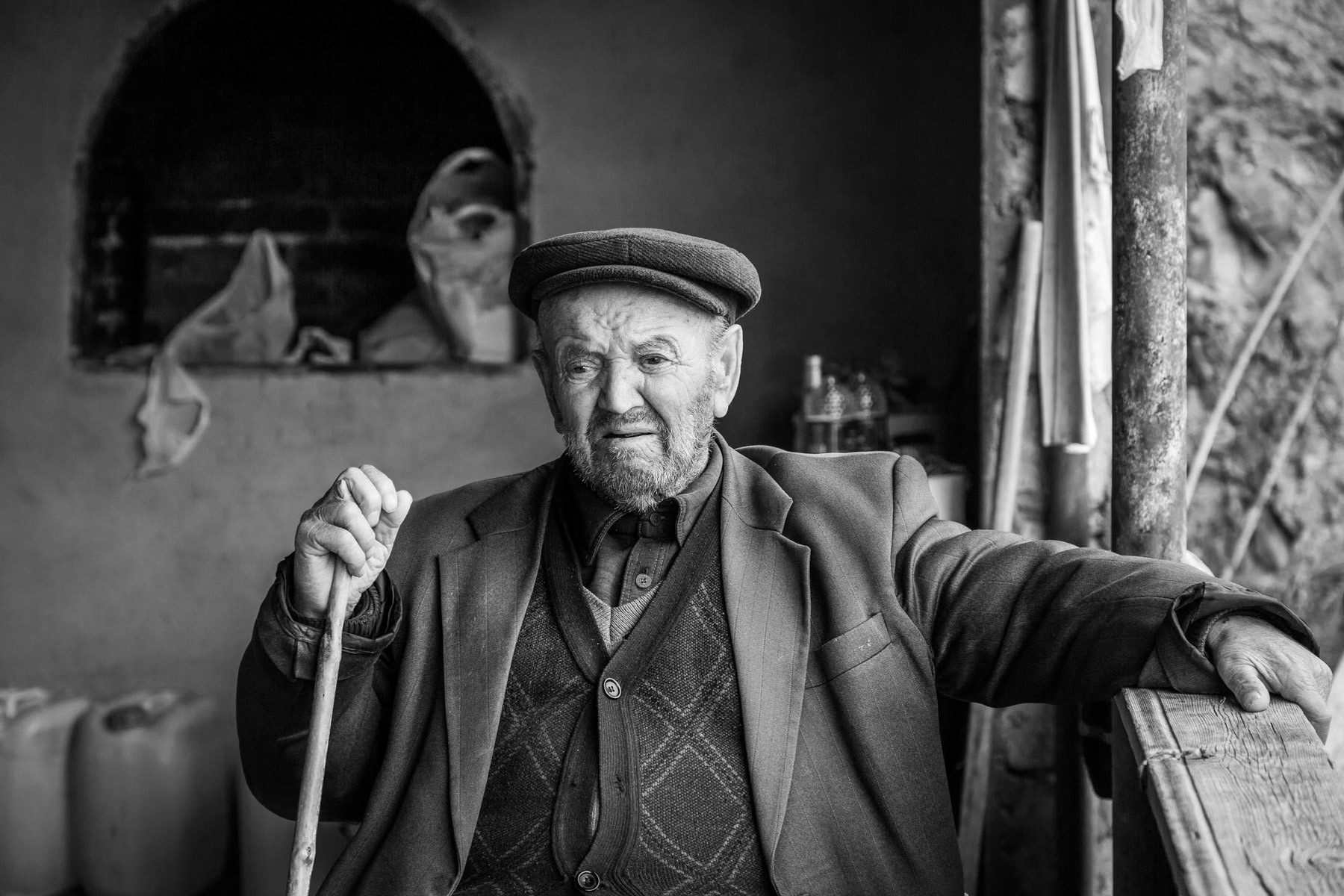
Veteran of Stalingrad, resident of Karintak village in Shushi region, Nagorno-Karabakh, March 2014
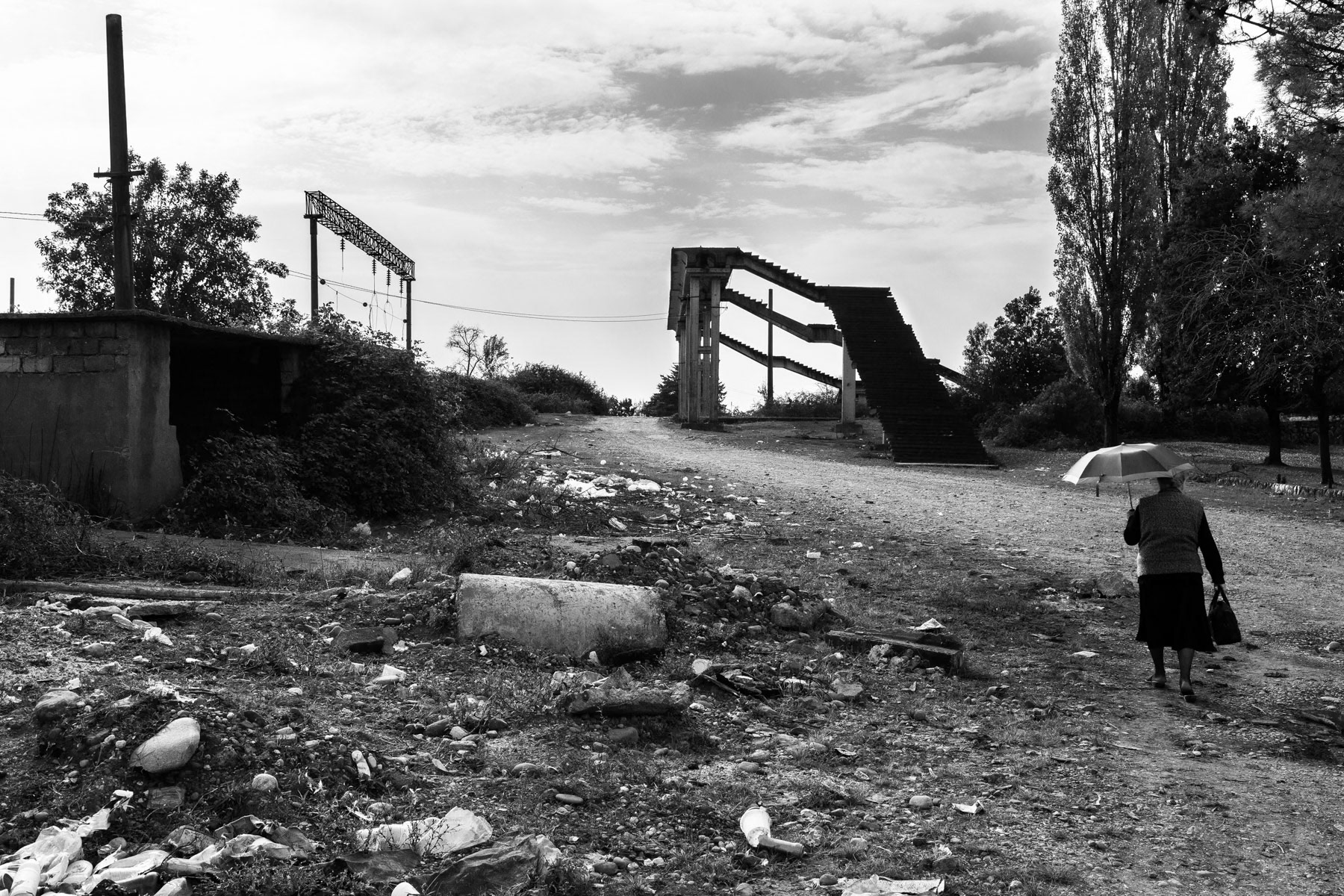
Outskirts of Gali. The railway line between Georgia and Abkhazia, discontinued since the war in the beginning of the nineties, Abkhazia, October 2013
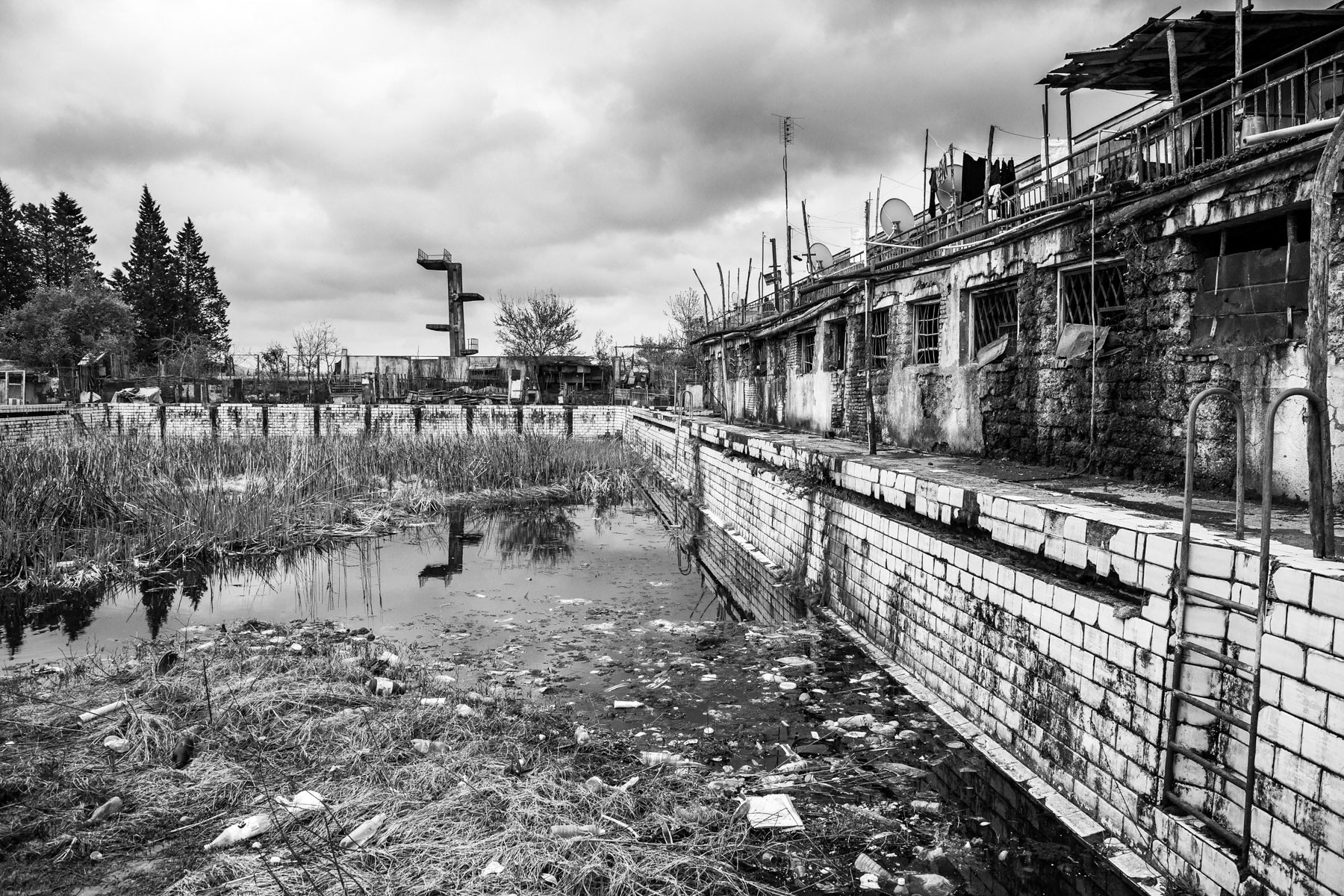
Collective centre vested at an abandoned elite sport complex, Khobi in Samegrelo, Georgia, March 2014
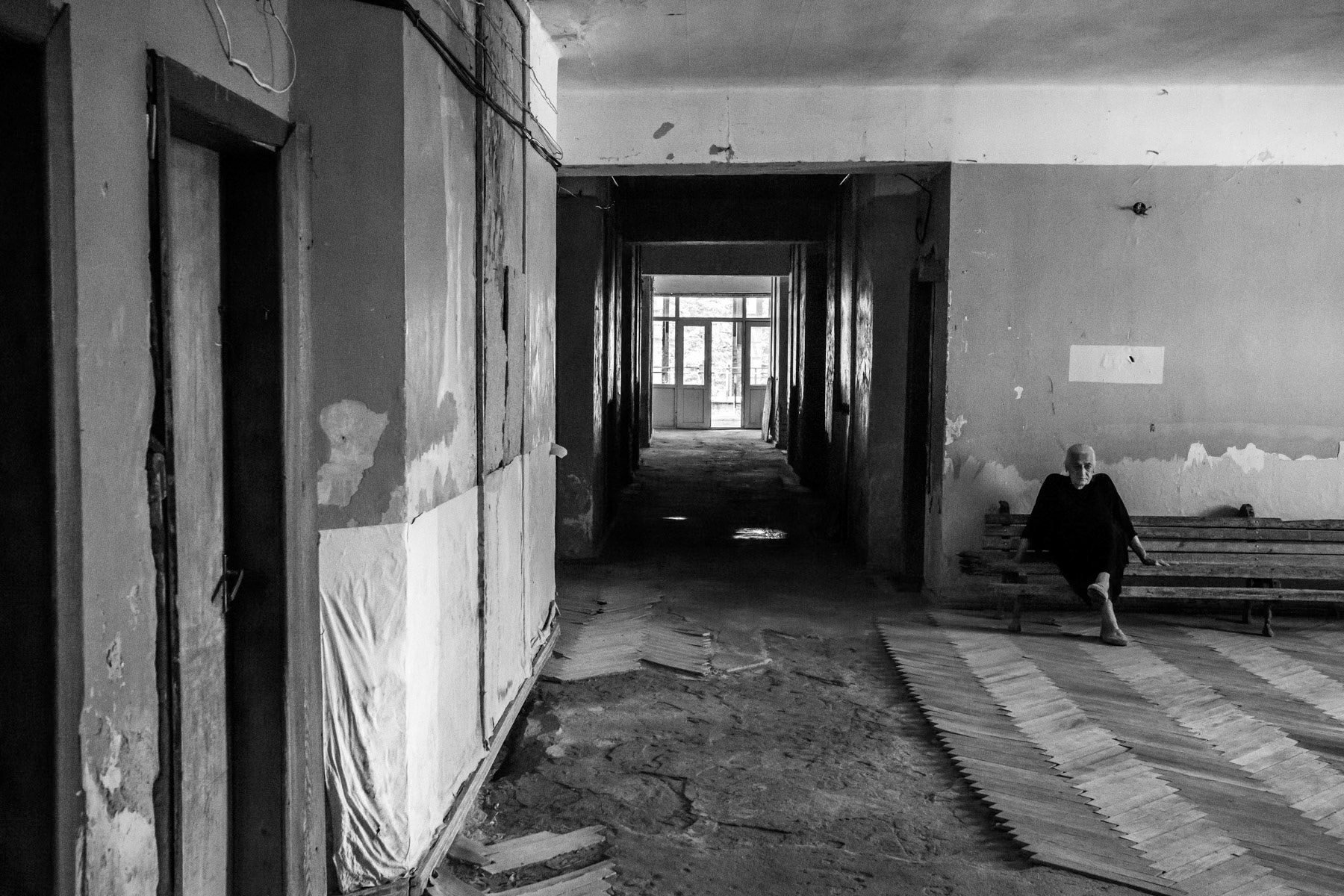
Collective centre for IDP's in a former soviet spa and hotel complex, Tskaltubo, Georgia, July 2014
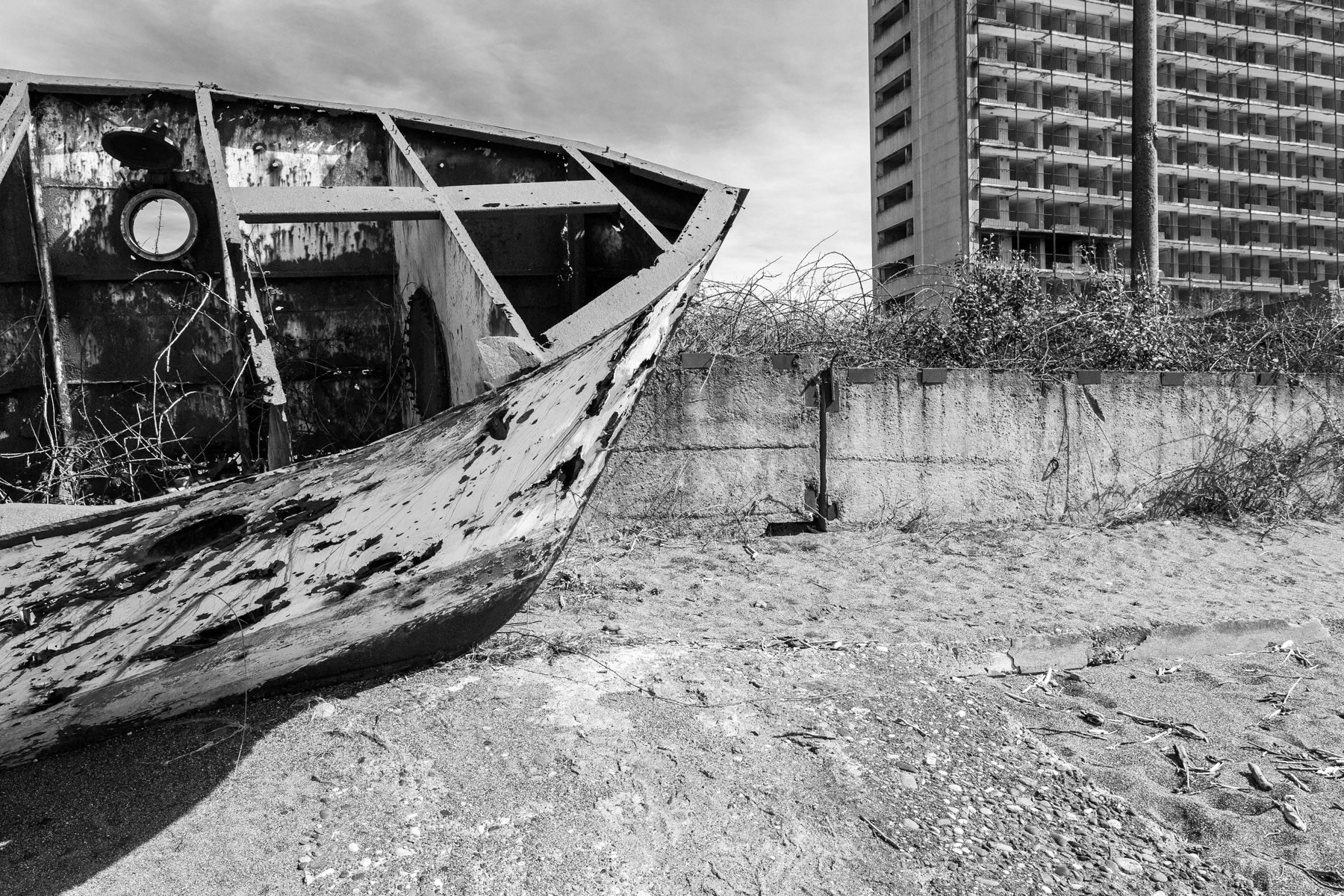
Ochamchire beach, Abkhazia, March 2014
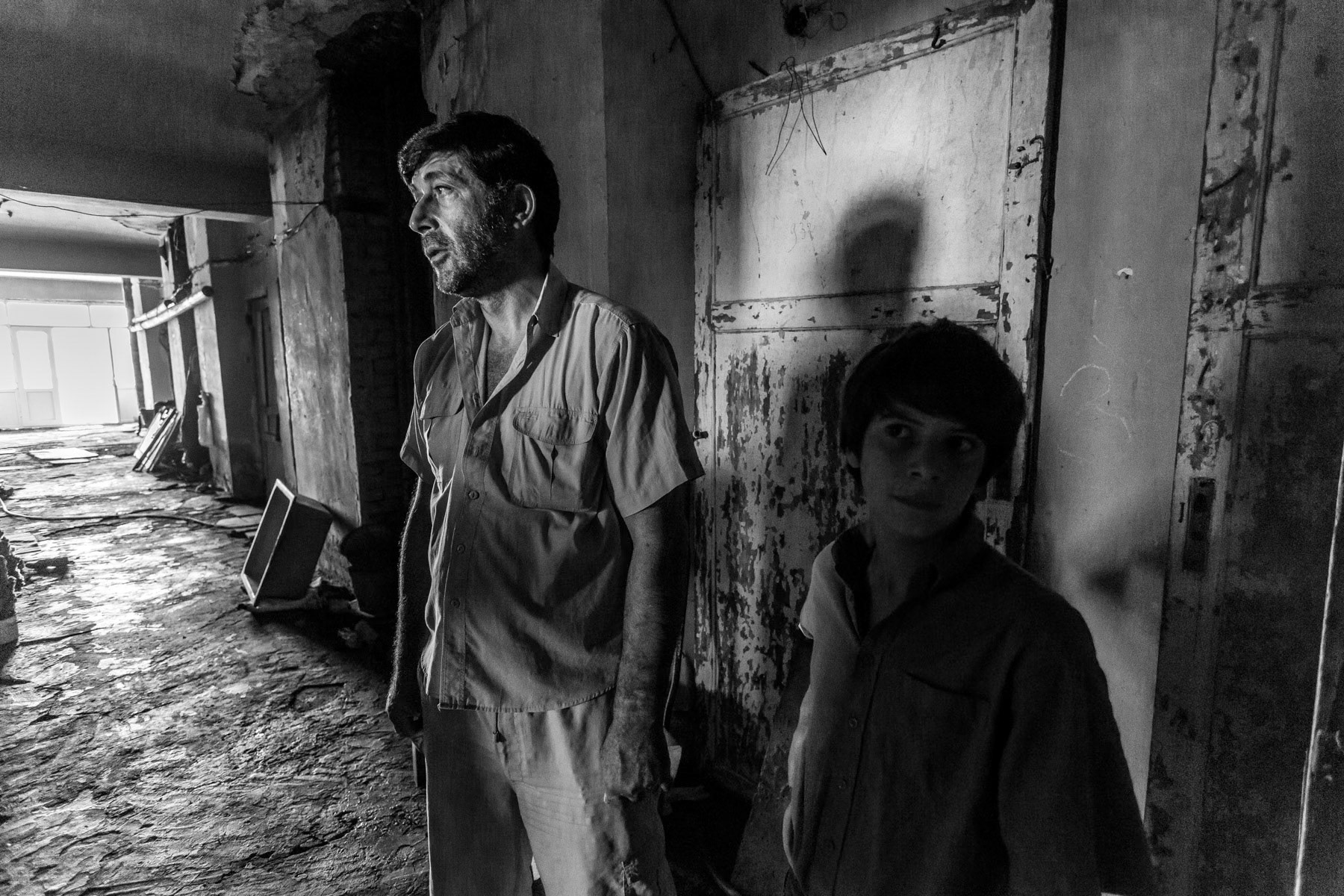
Most residents have been living for the past 20 years in collective centres waiting to be re-settled in appropriate housing. Tskaltubo, Georgia, July 2014
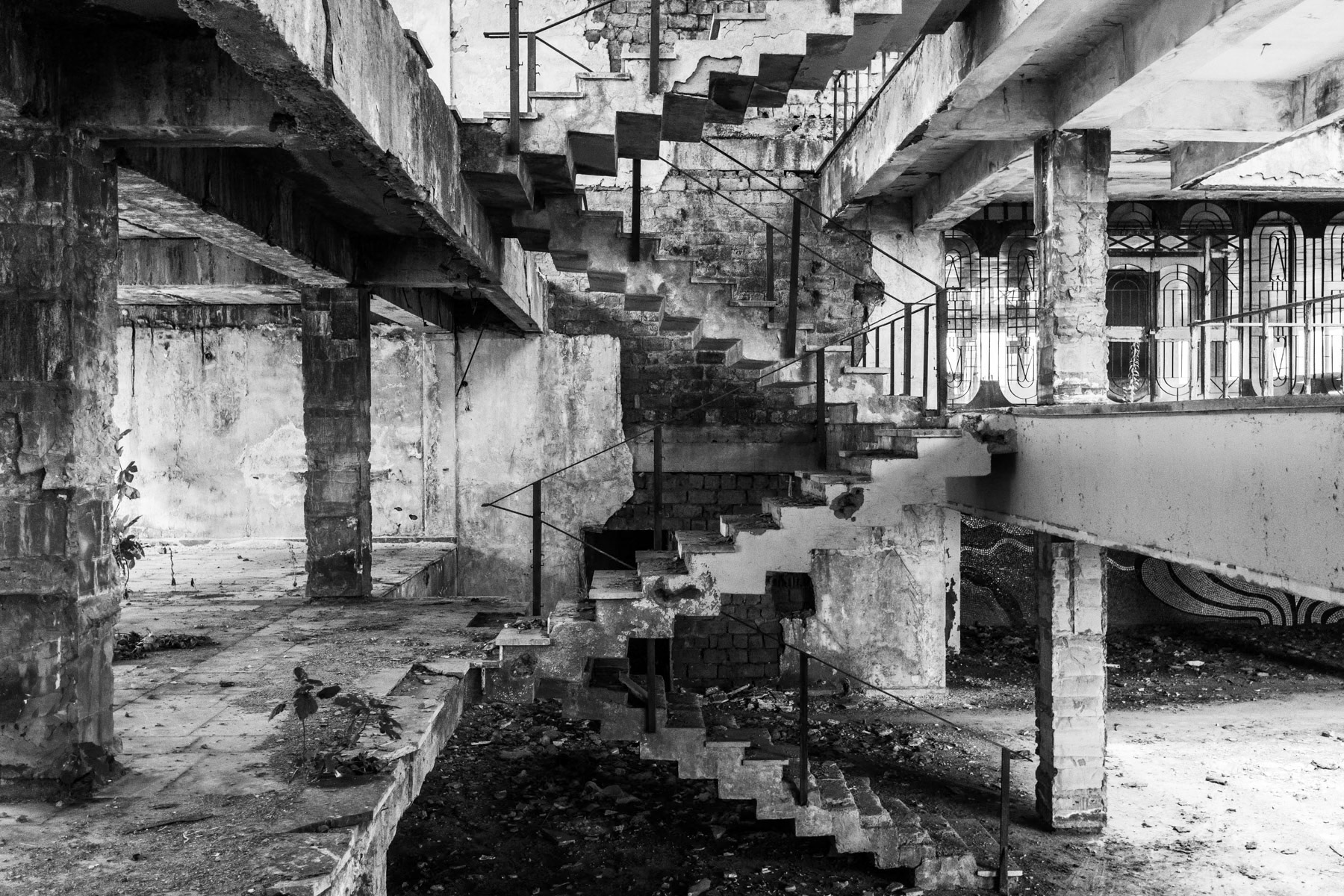
Interior of a former hotel complex in Tskaltubo used as an IDP collective centre since the mid nineties, Georgia, July 2014
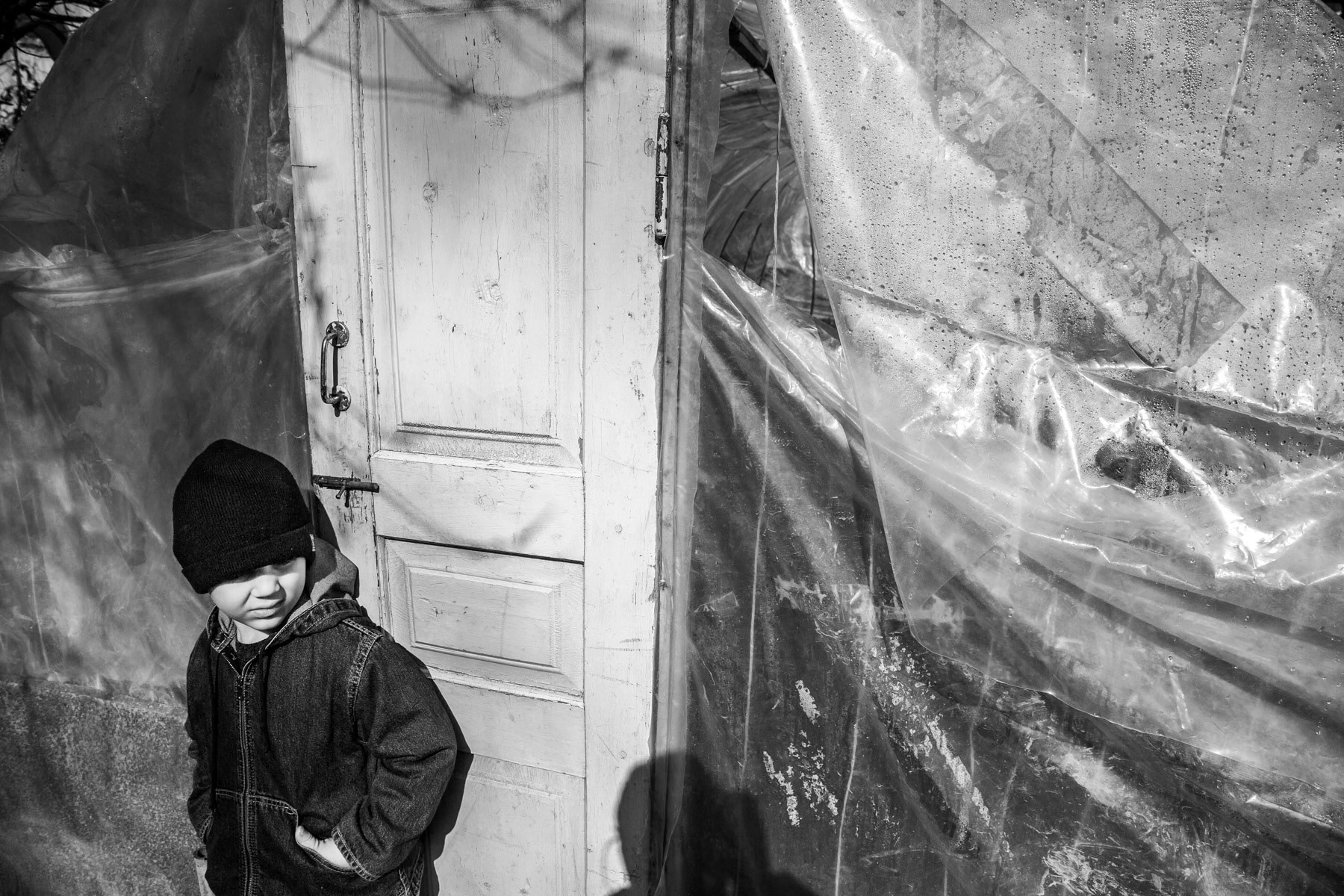
Child in front of his father's greenhouse. Shushi, March 2014
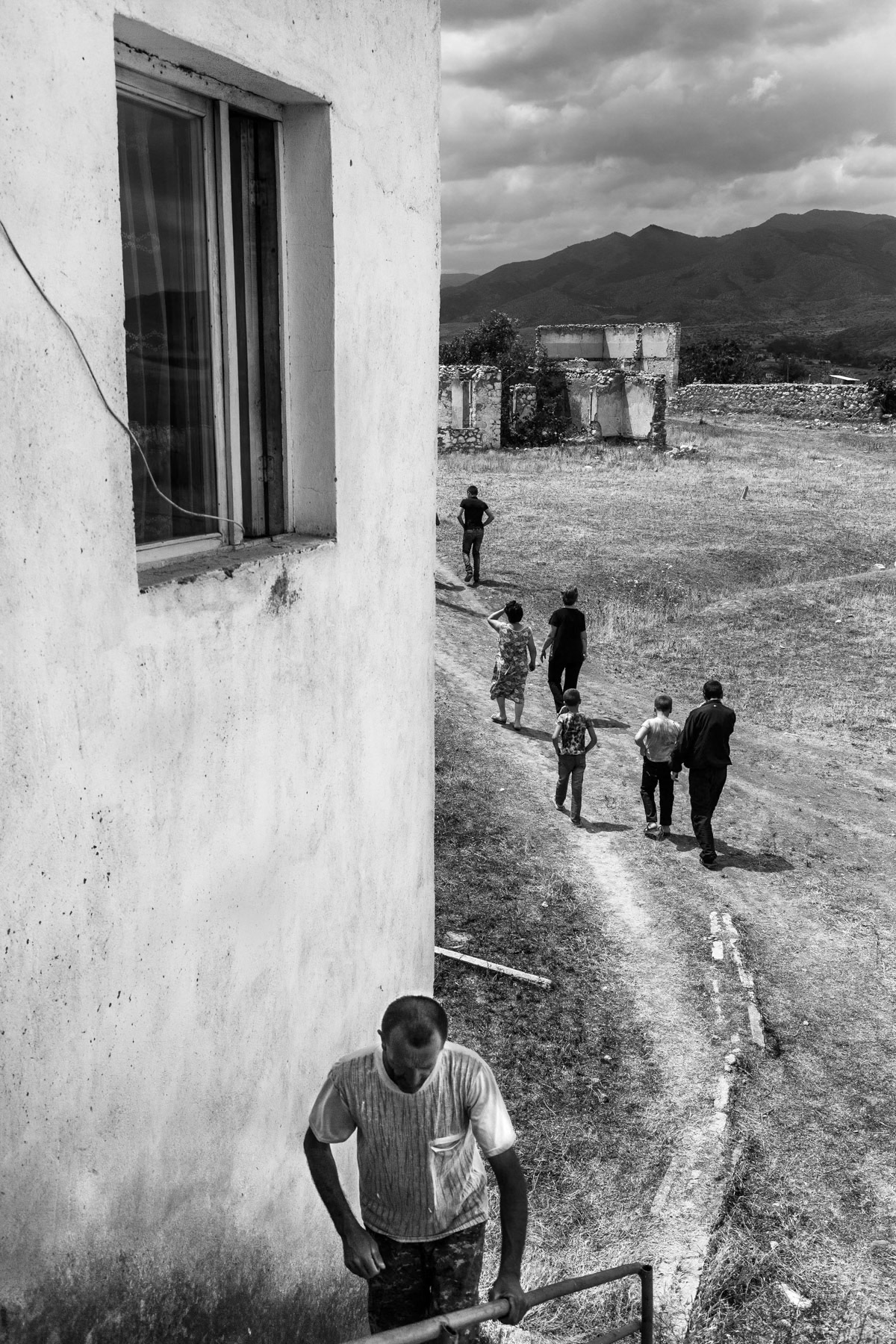
People of Armenakavan after a village reunion about the presence and danger of land mines. Nagorno-Karabakh, July 2014
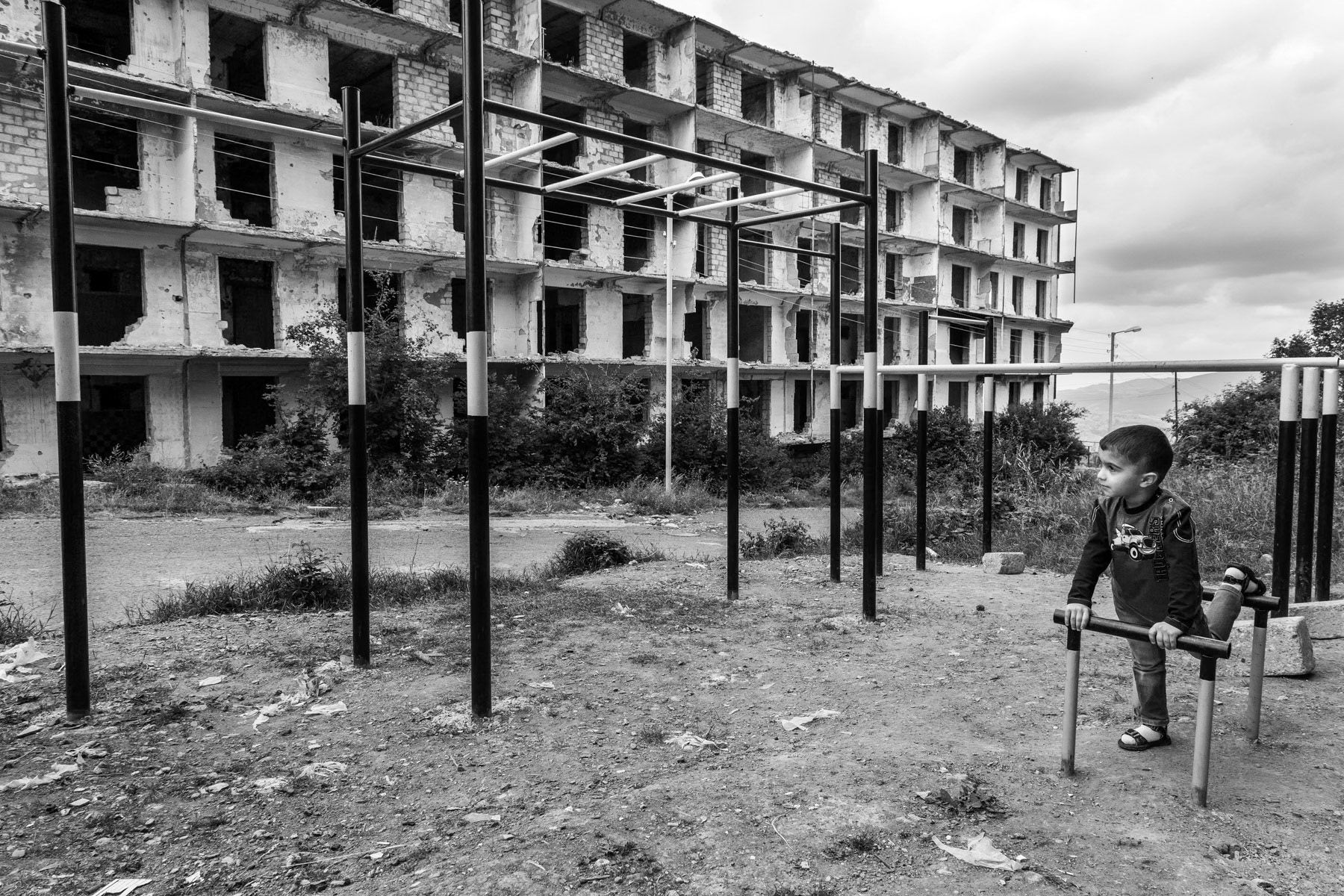
A not very user friendly playground in Shushi, Karabakh, July 2014
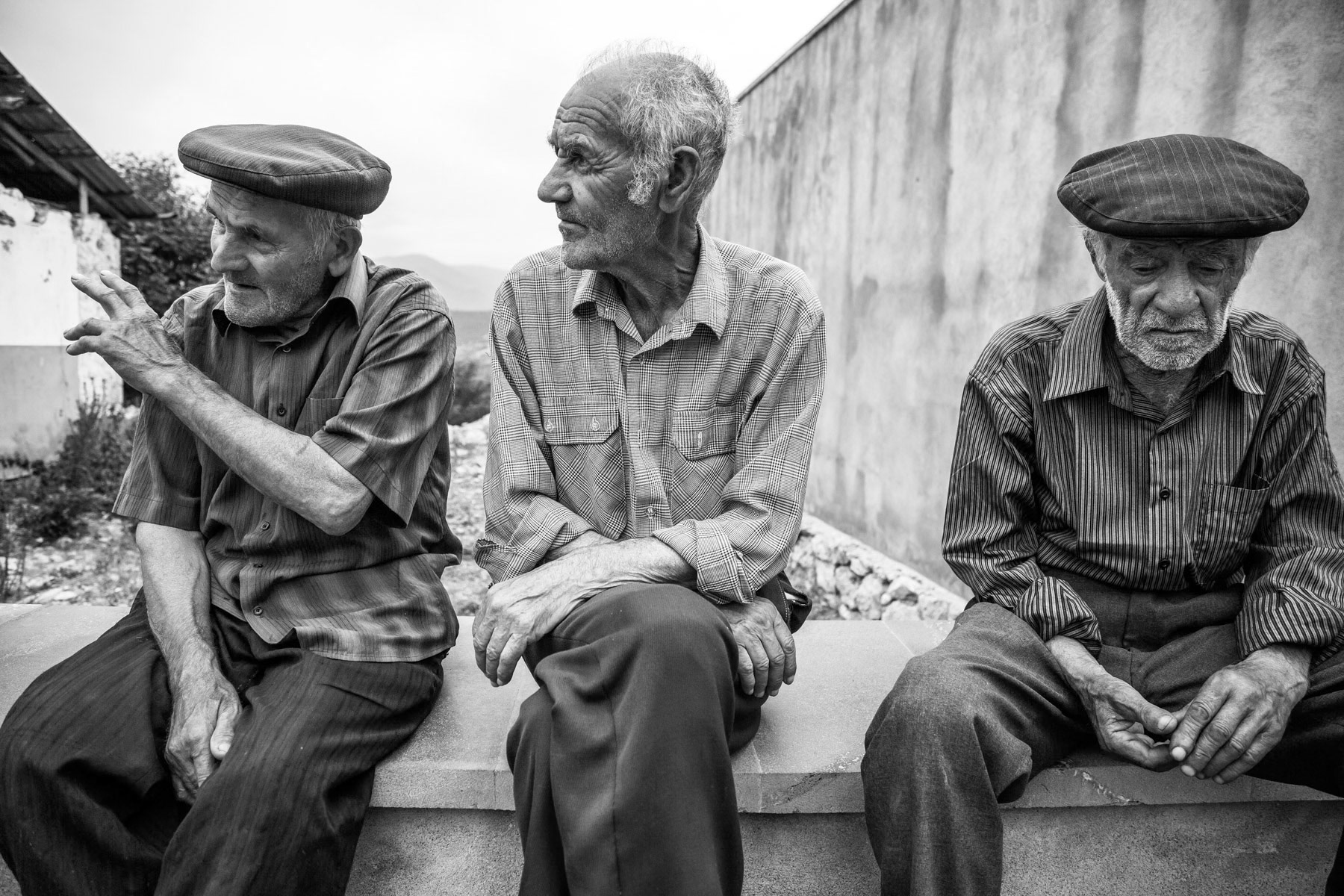
Mets Tagher village in Hadrut region, Karabakh, July 2014
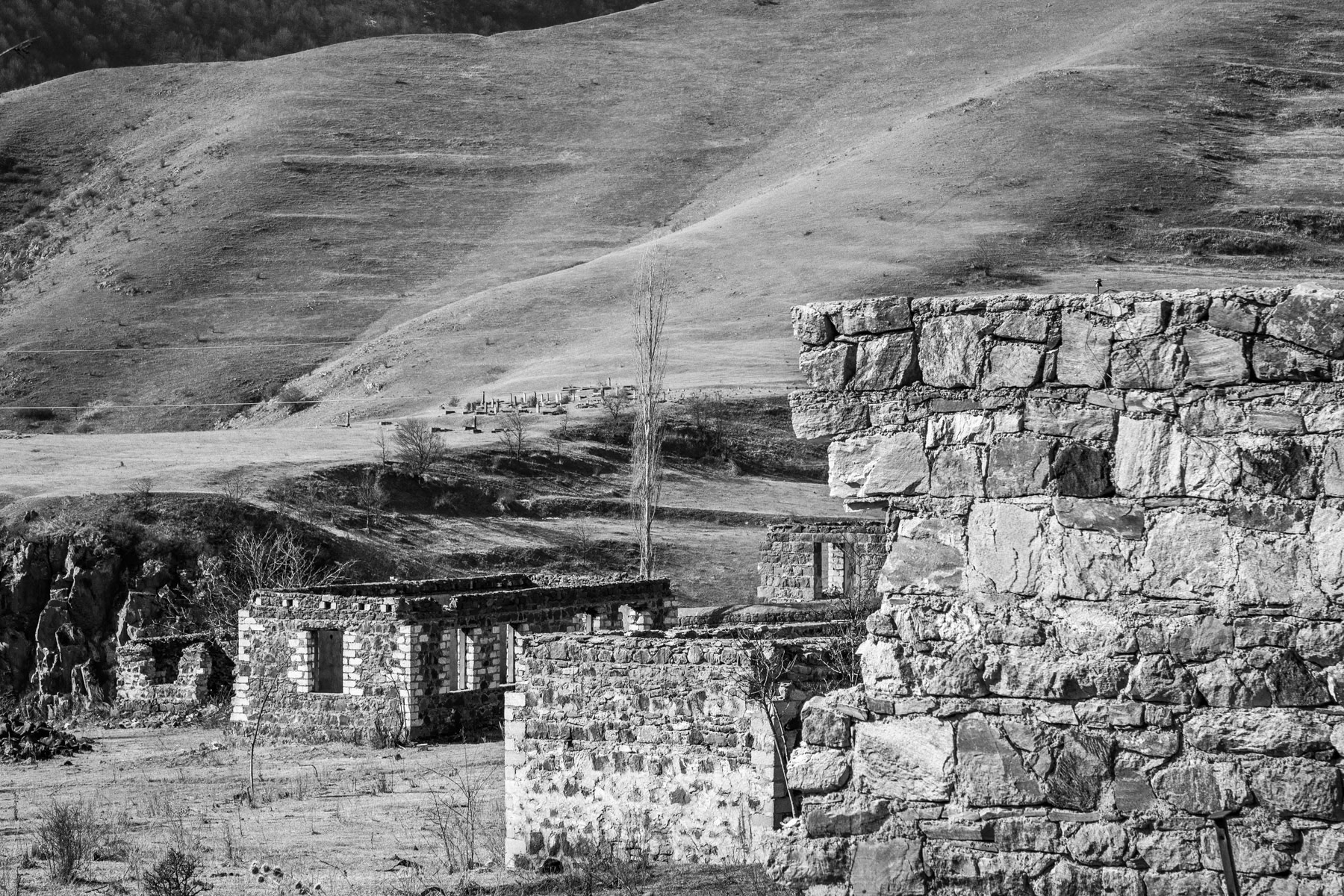
Karvachar region, Karabakh, February 2014
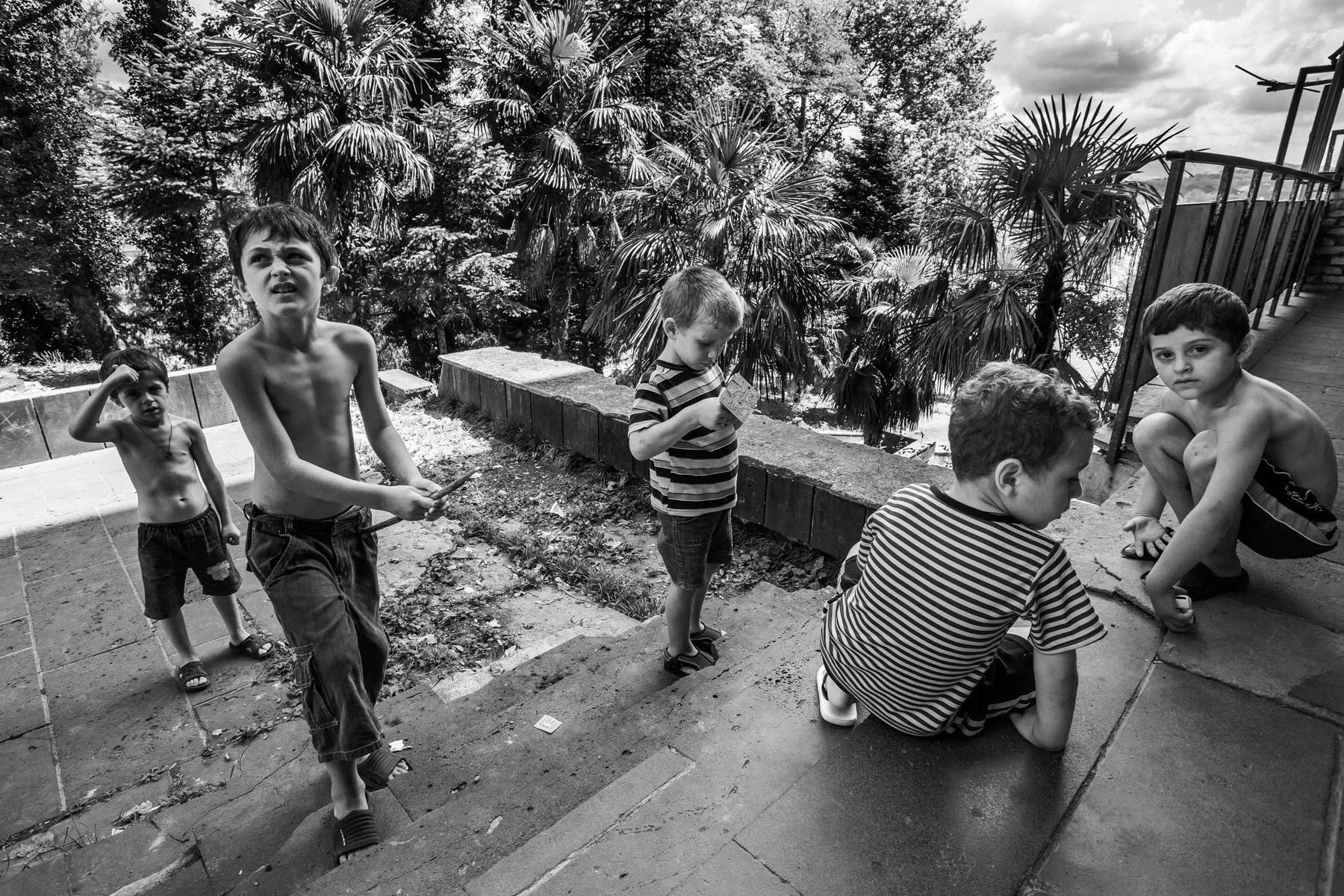
Summer holiday, Tskaltubo IDP collective centre, Georgia, July 2014
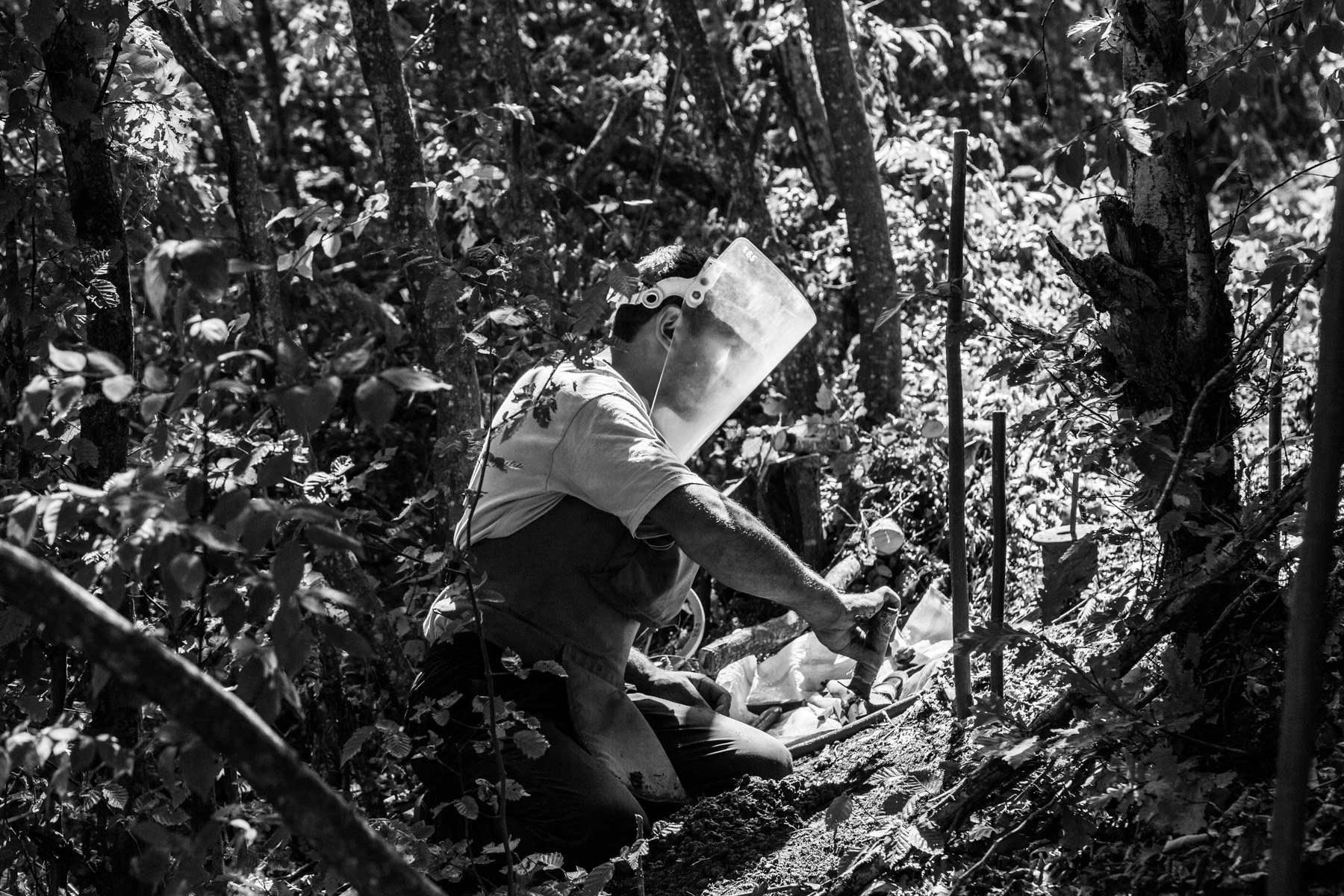
Nagorno Karabakh has one of the world's highest per capita rates of accidents caused by mines, cluster munitions and other explosive remenants of war, Khramort minefields, July 2014
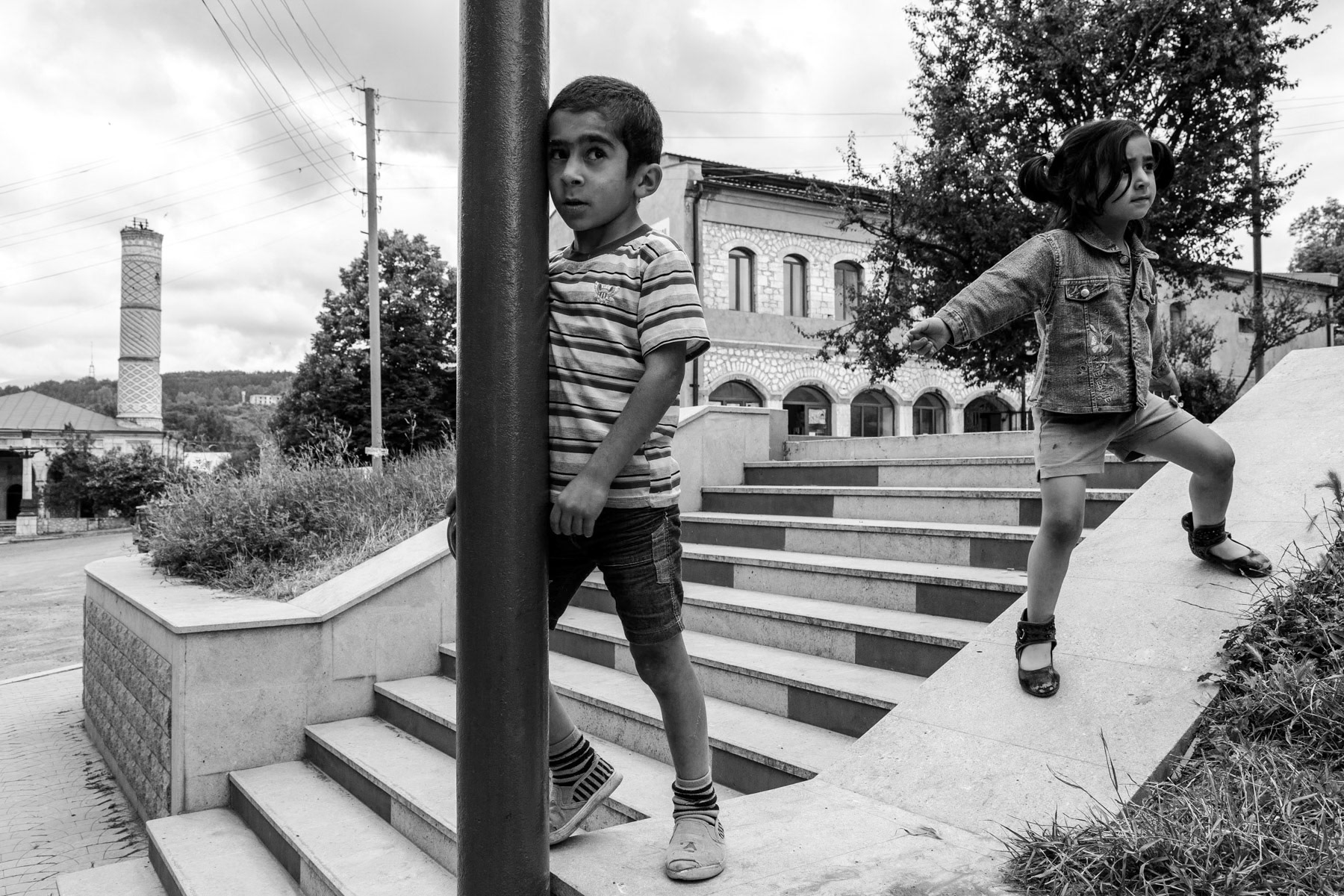
Children playing in Shushi, Nagorno-Karabakh, July 2014
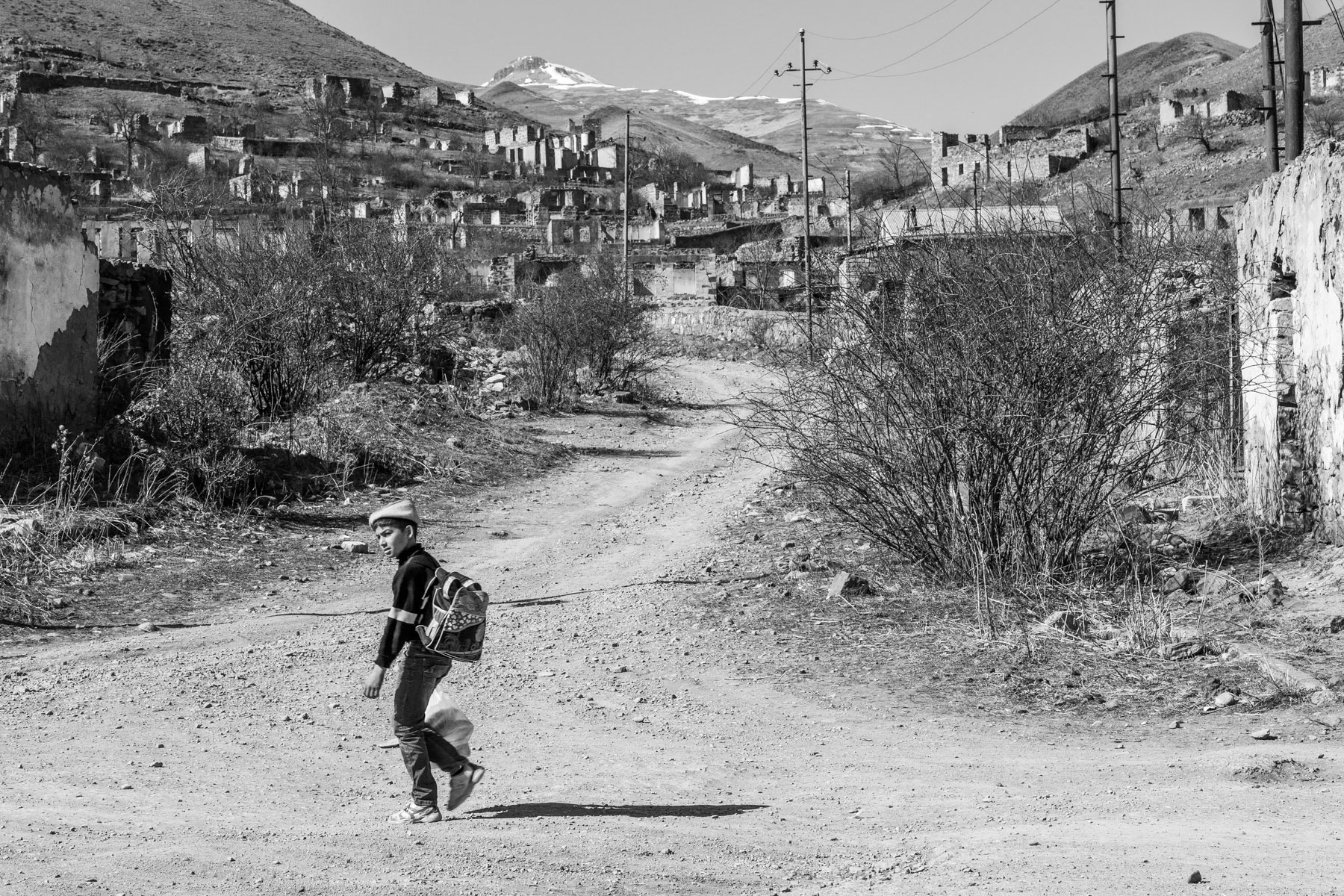
On the way back from school, Karvachar, February 2014
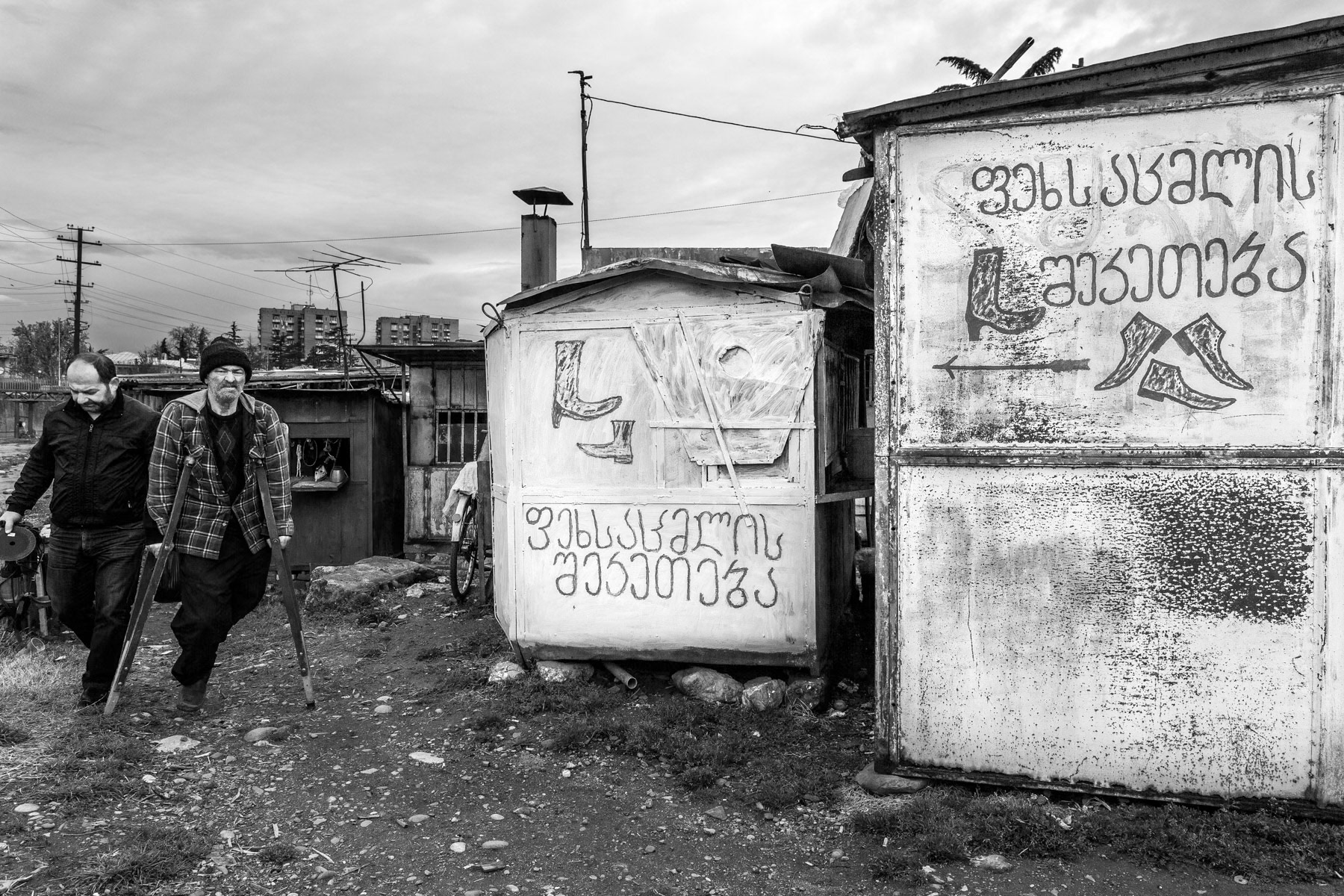
Zugdidi, Samegrelo region in Georgia, March 2014
